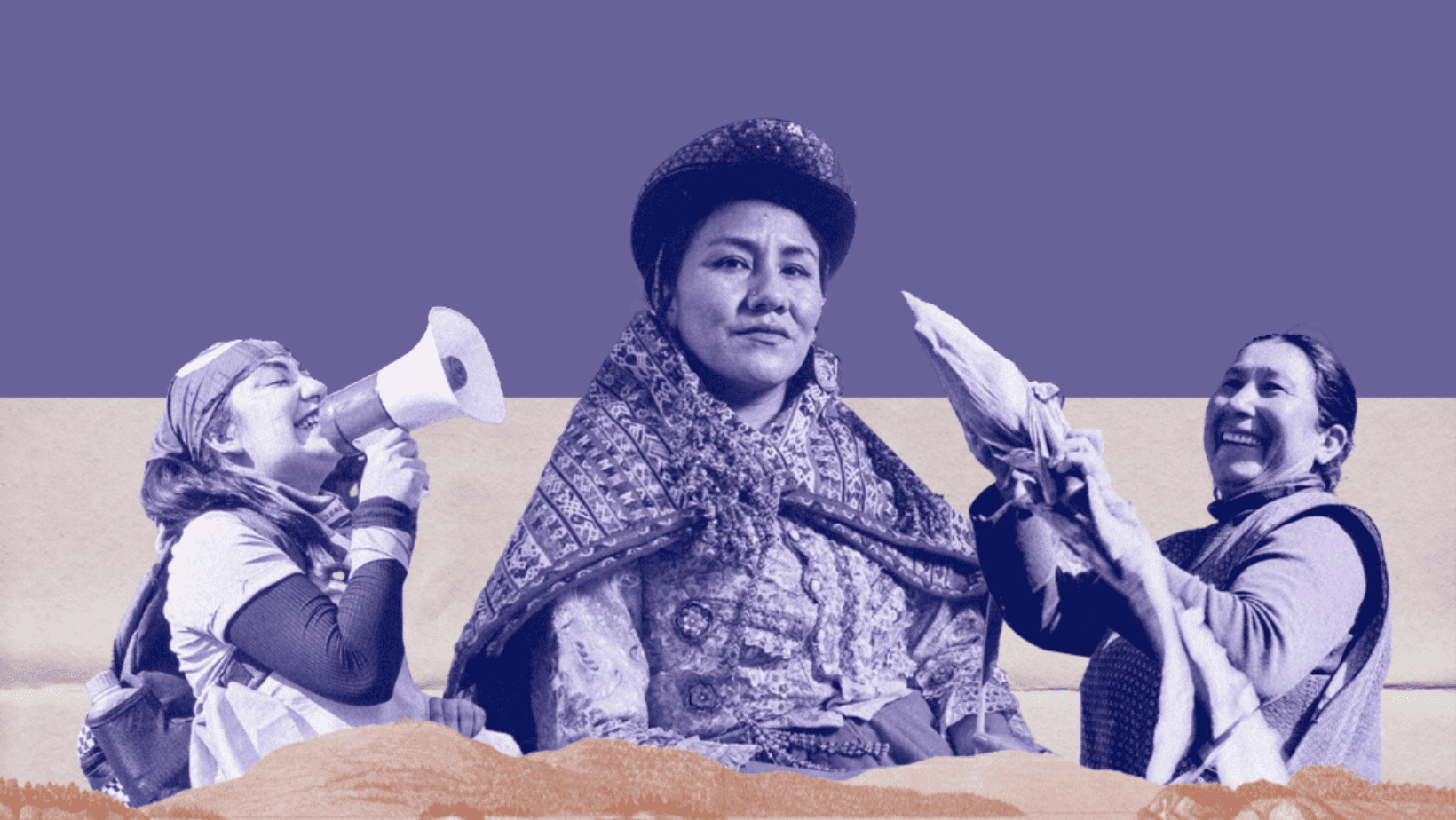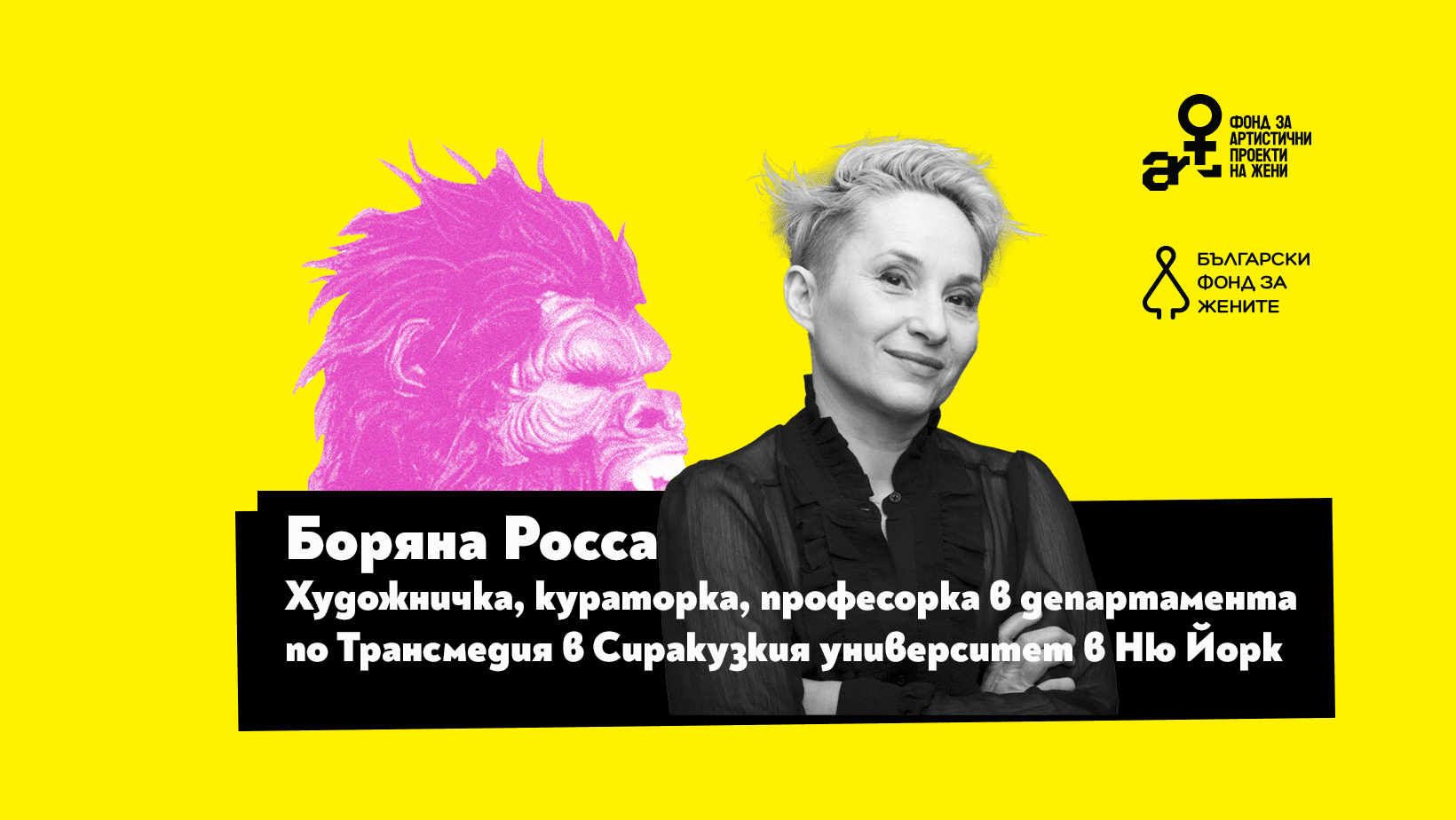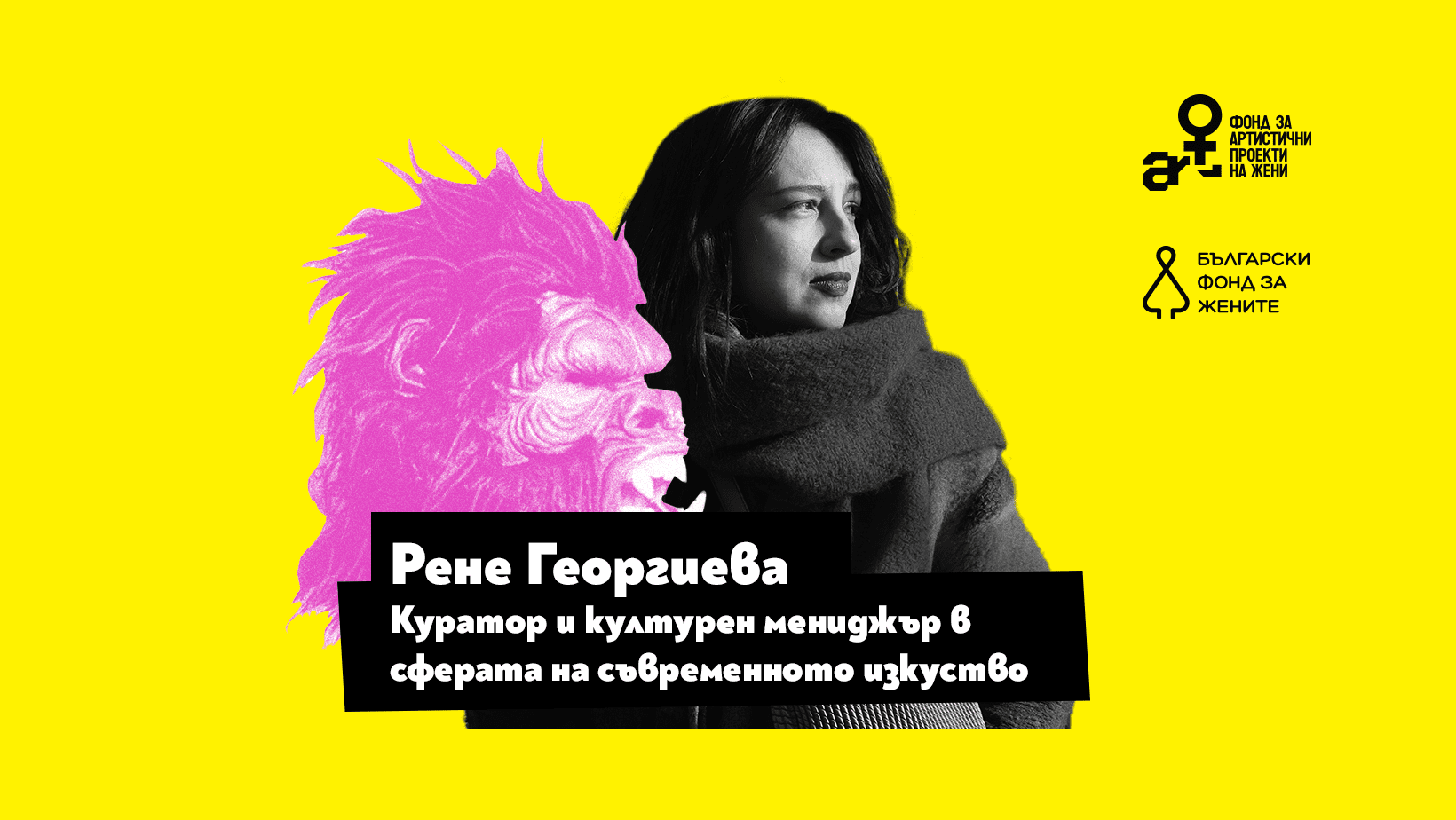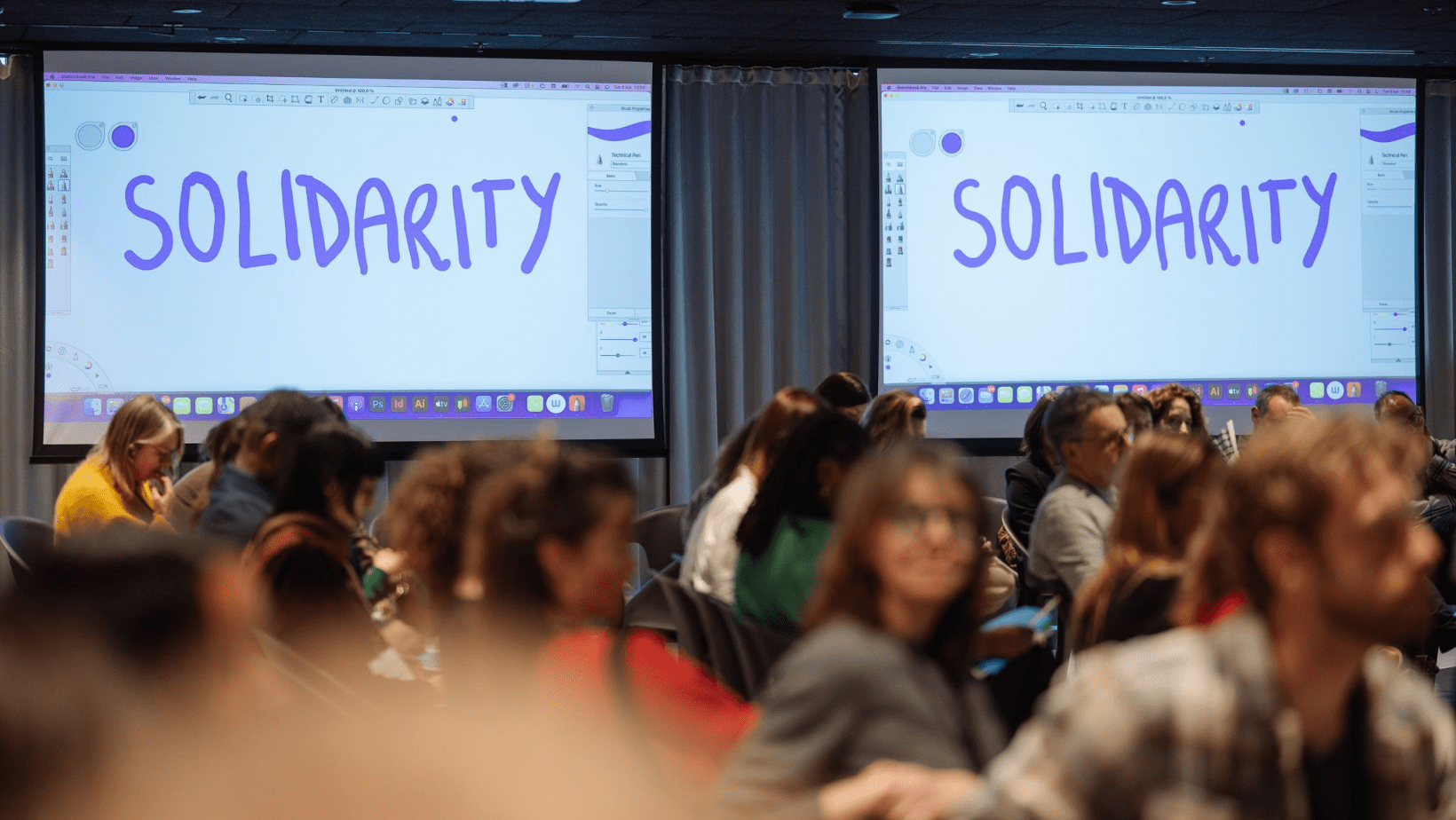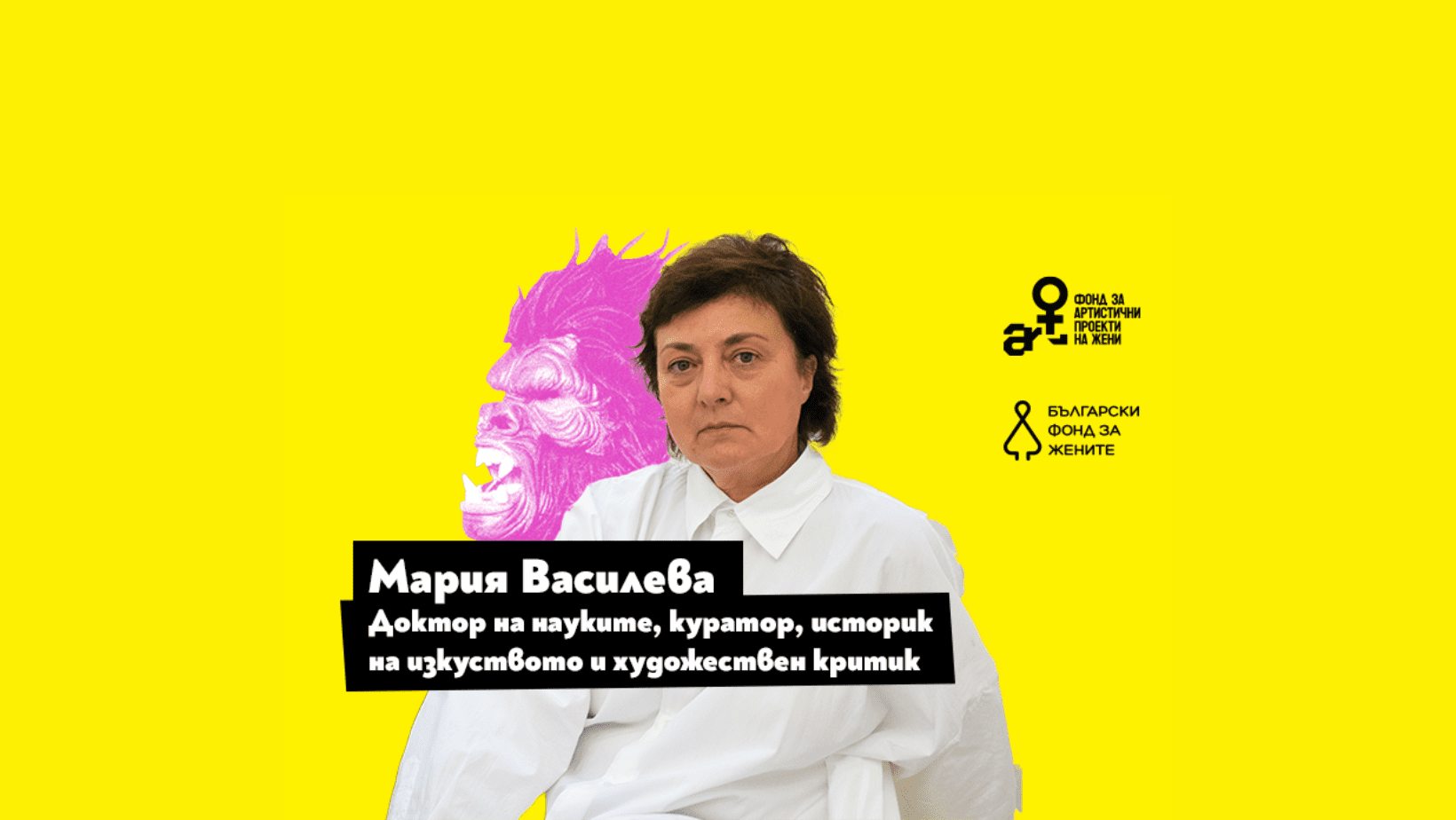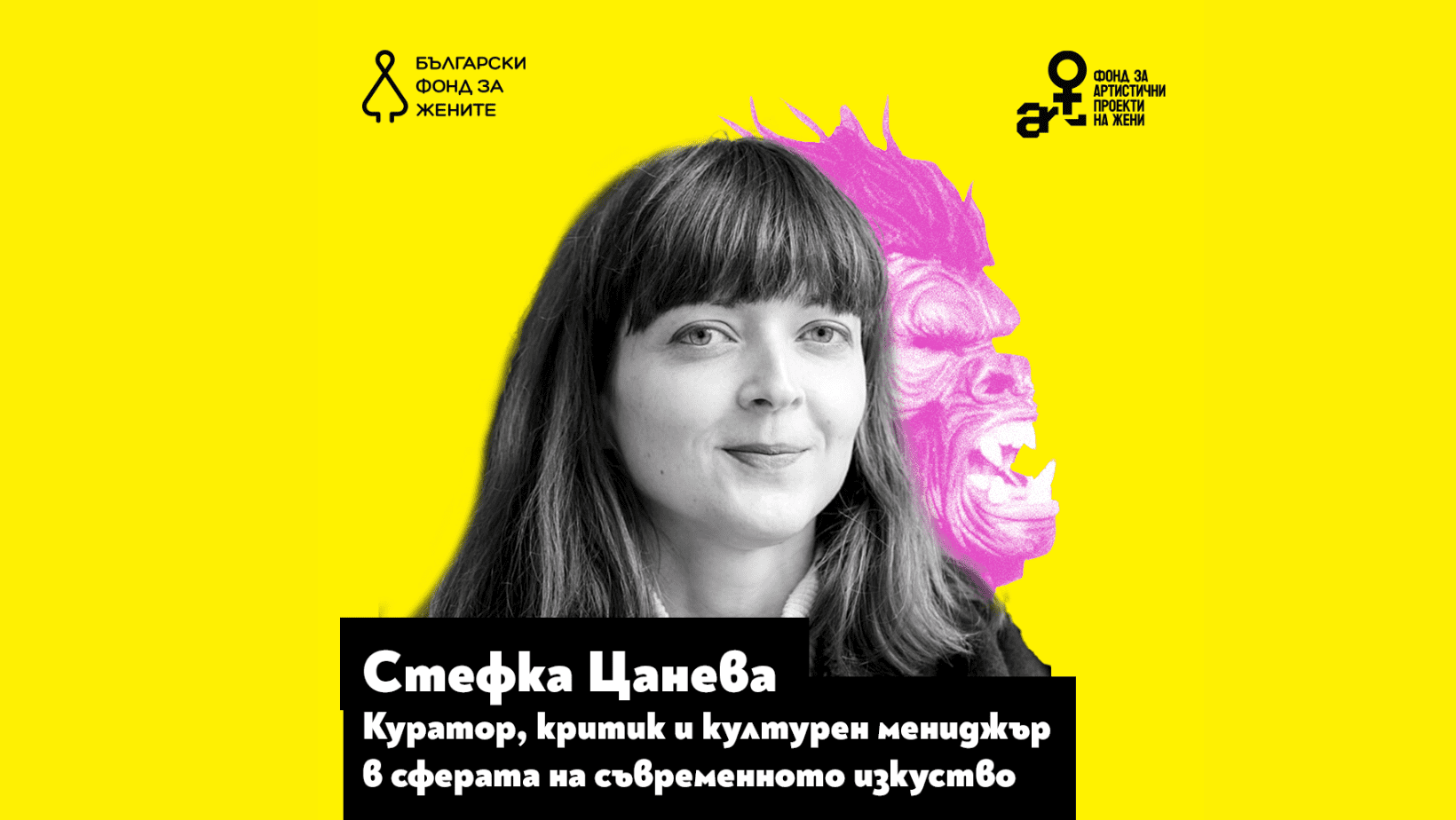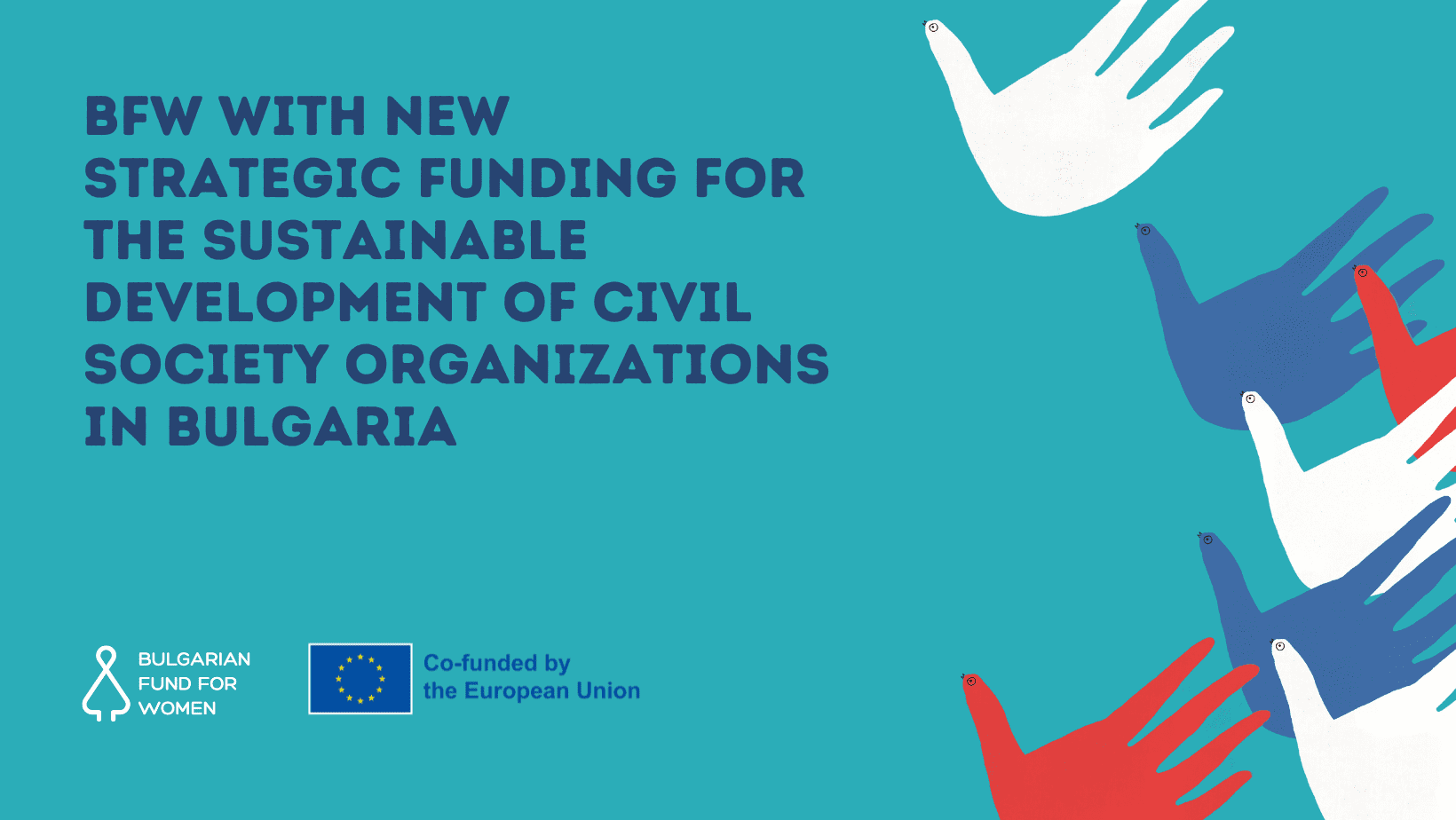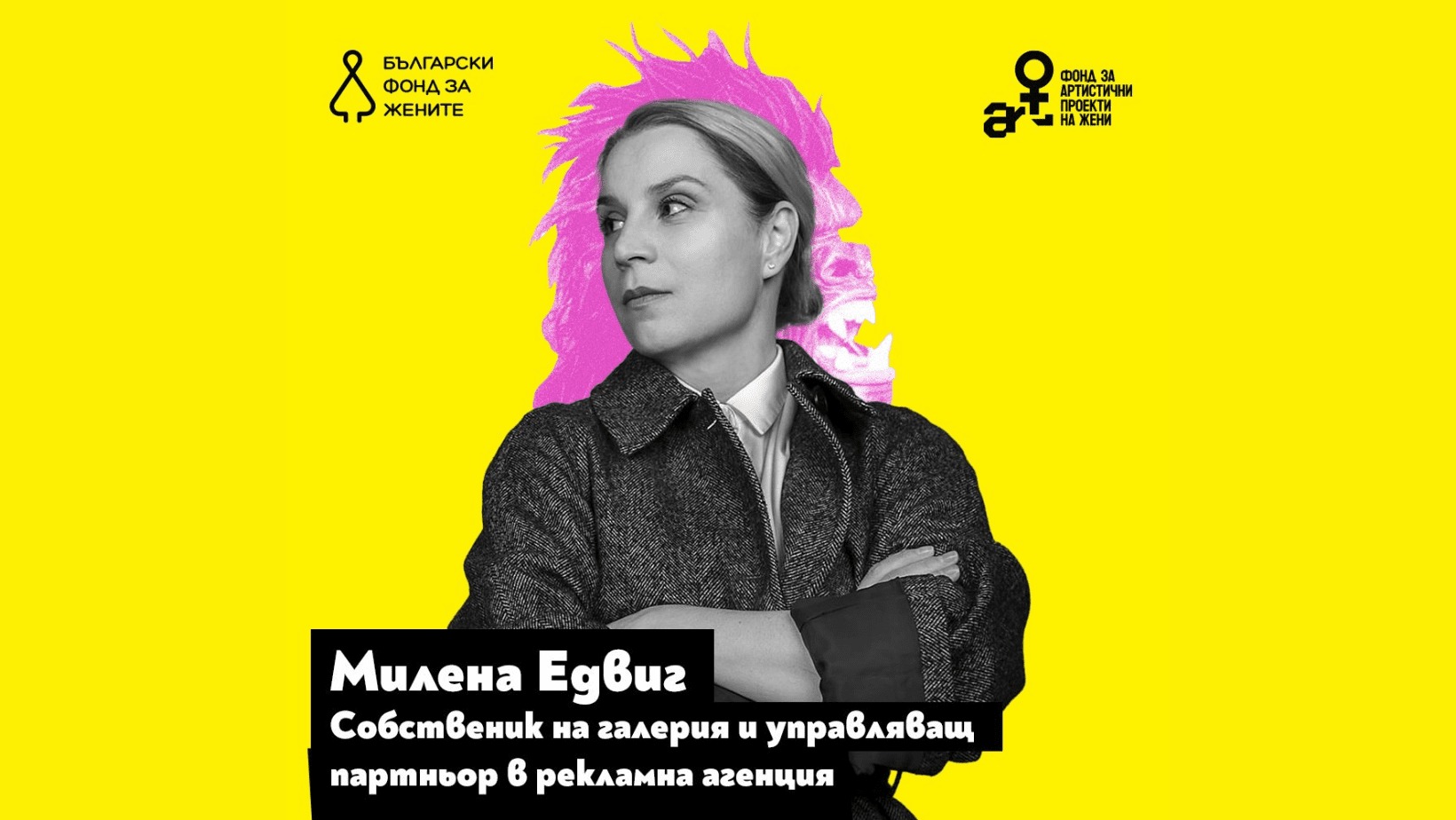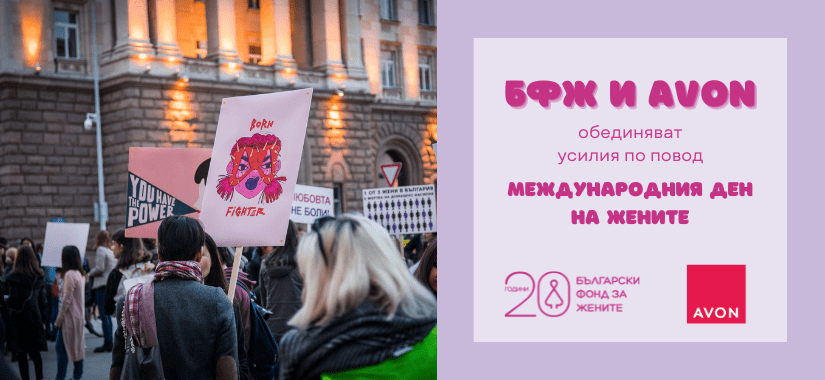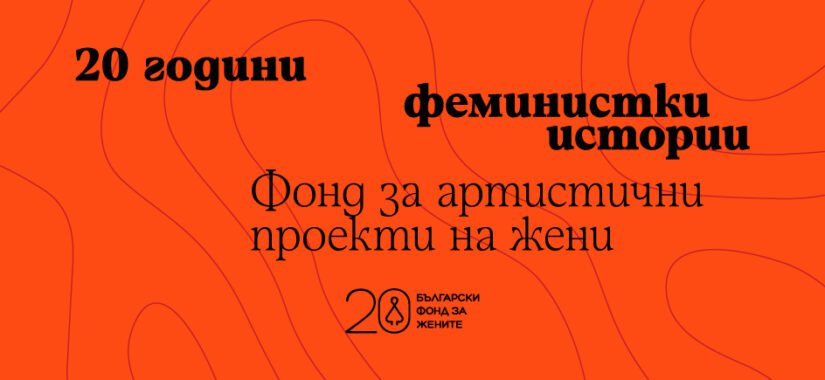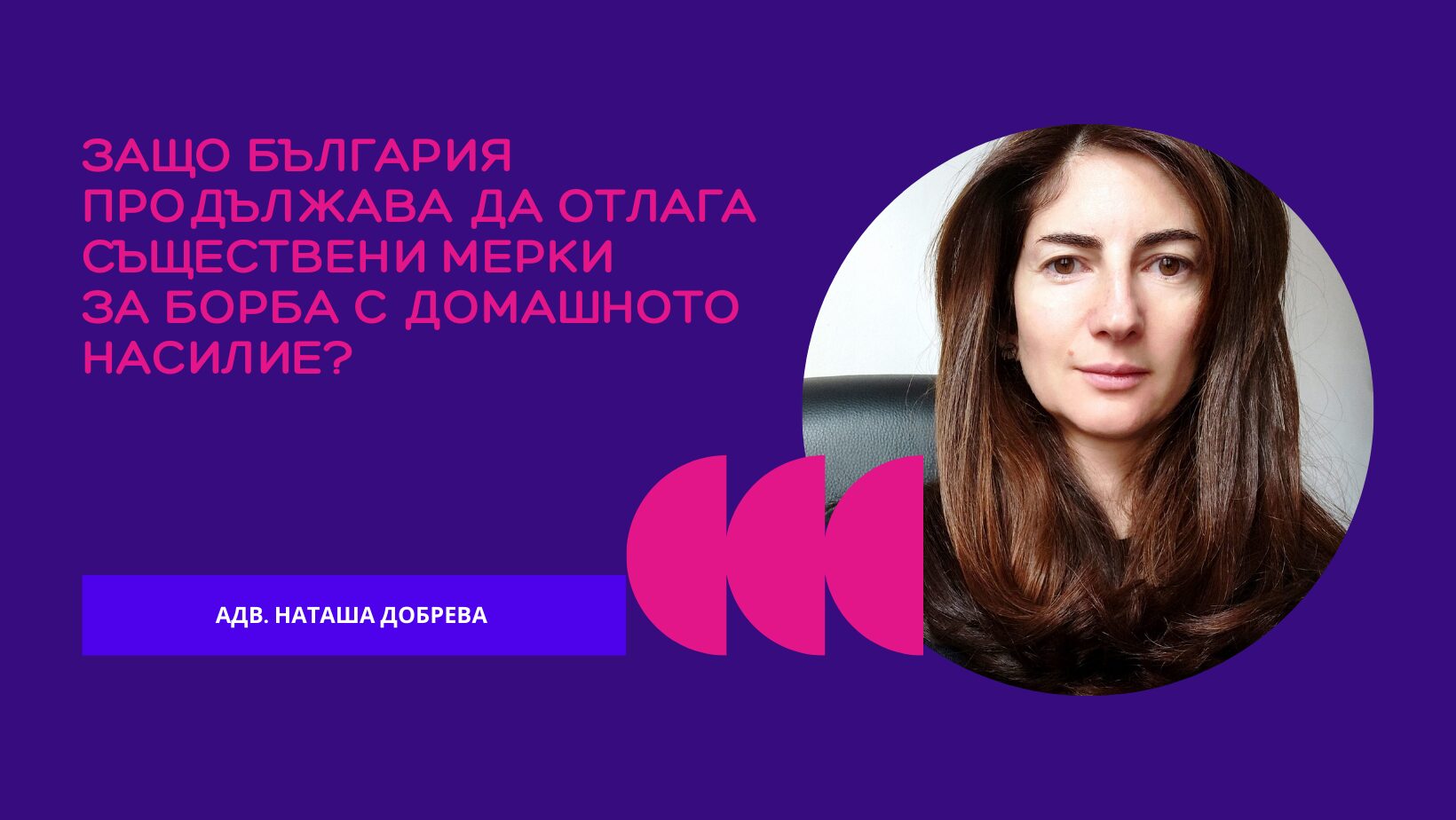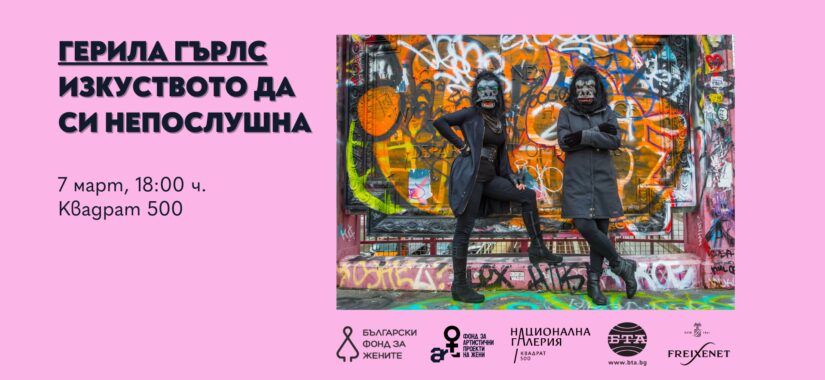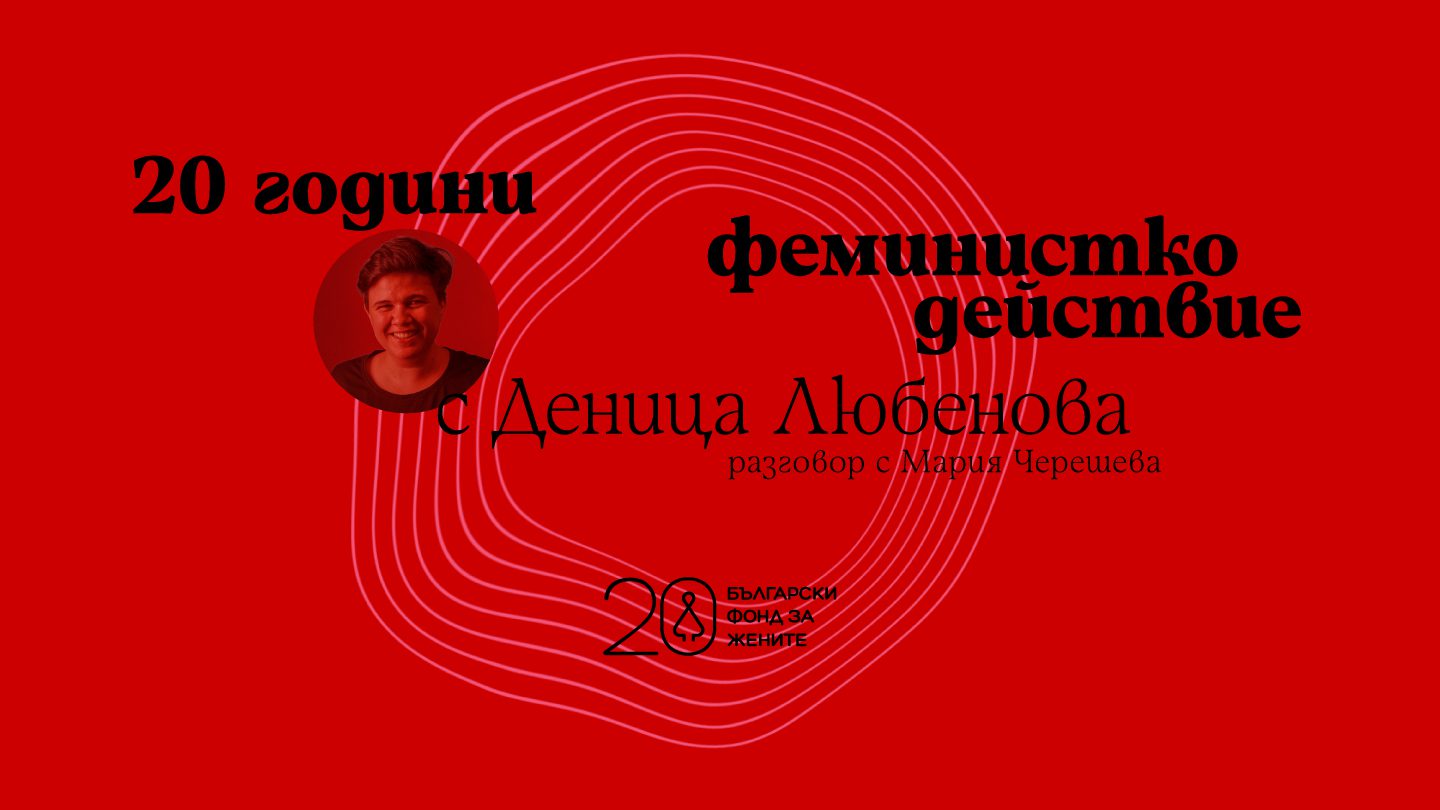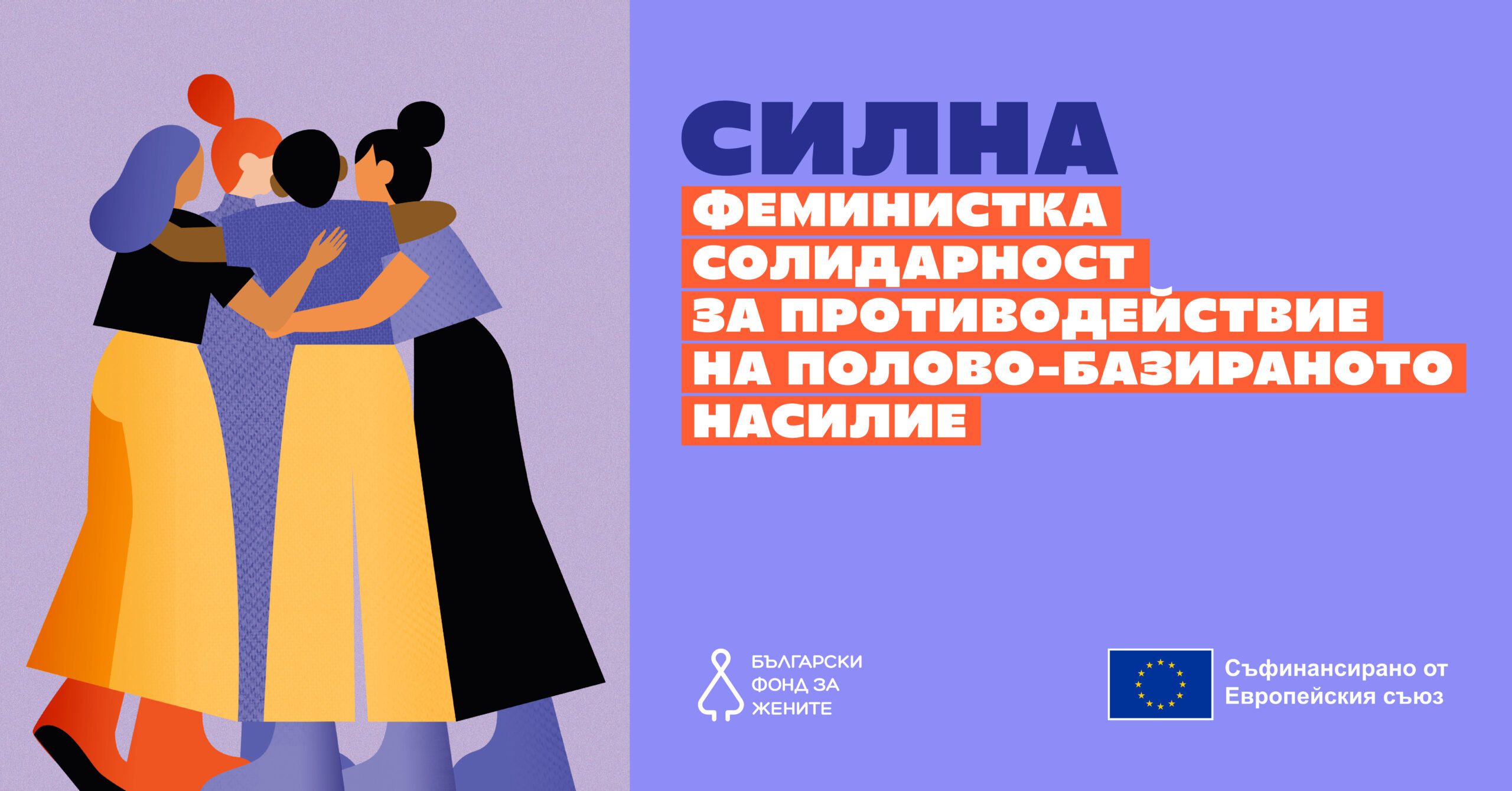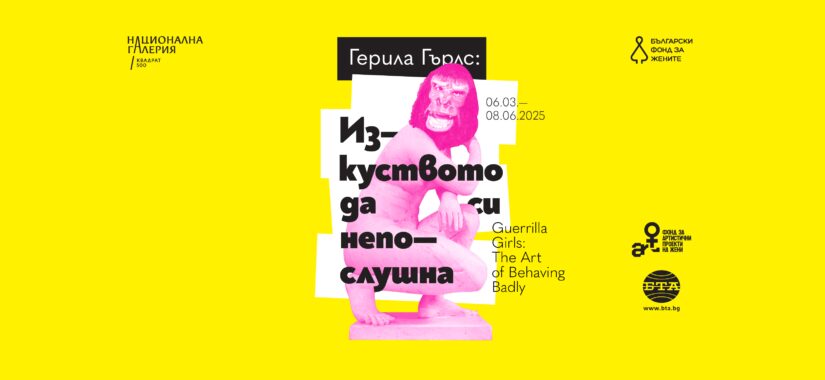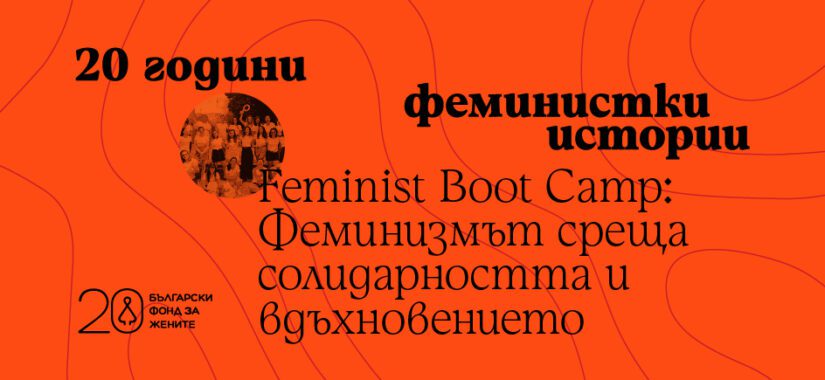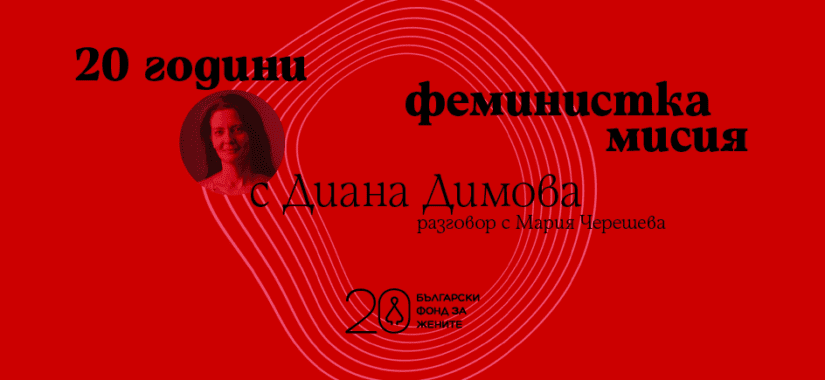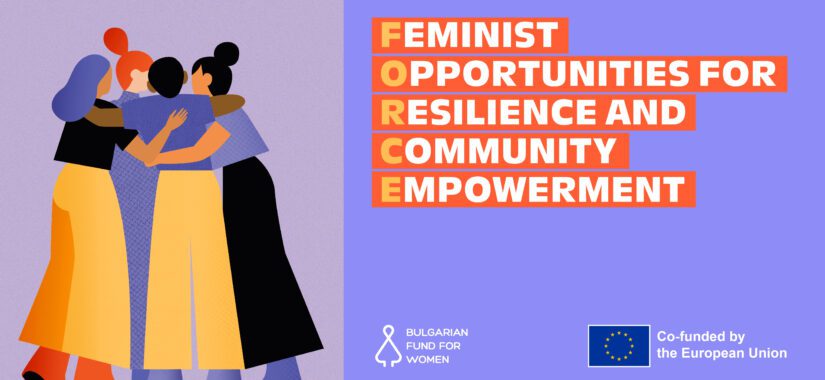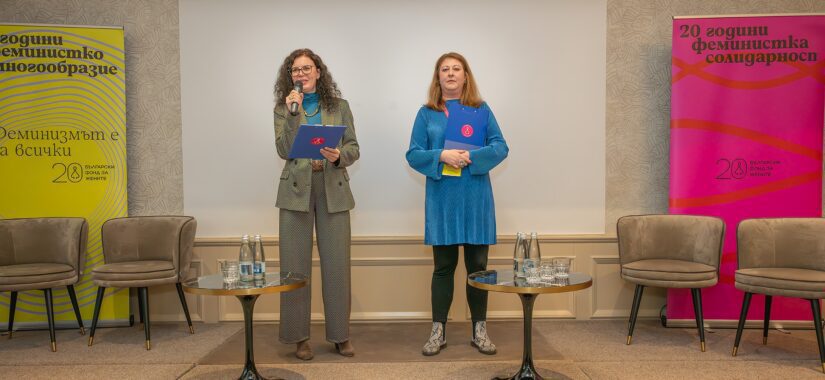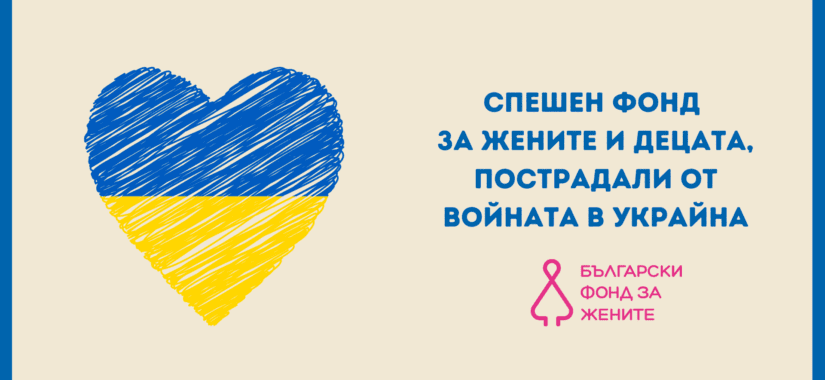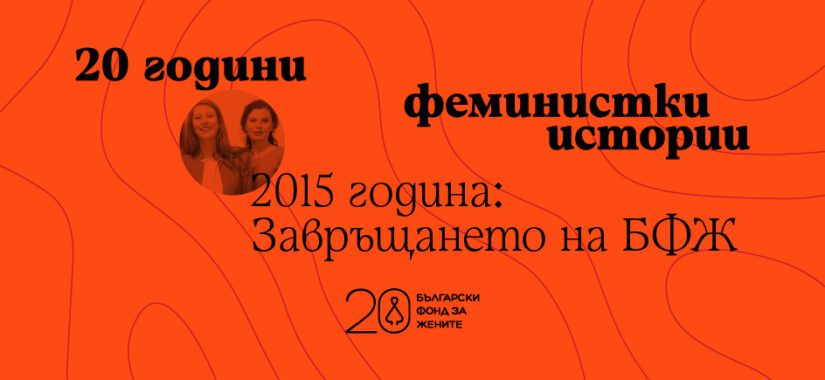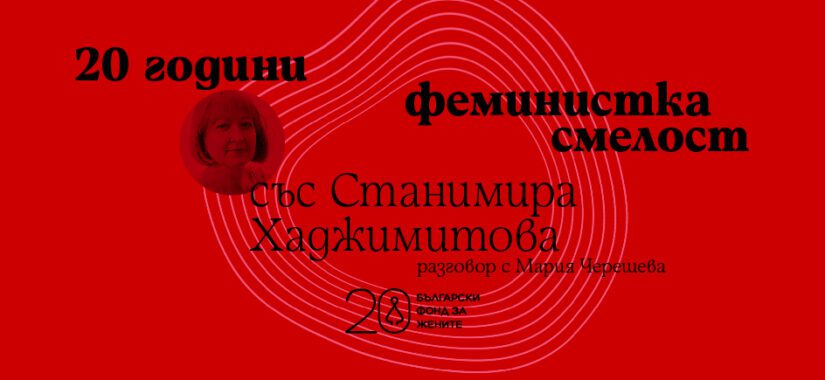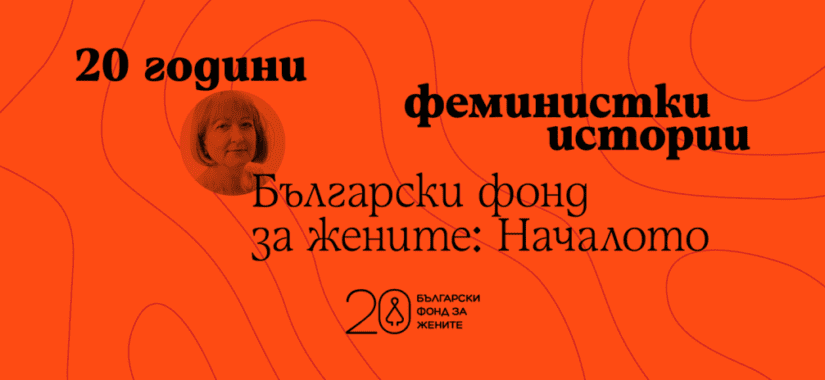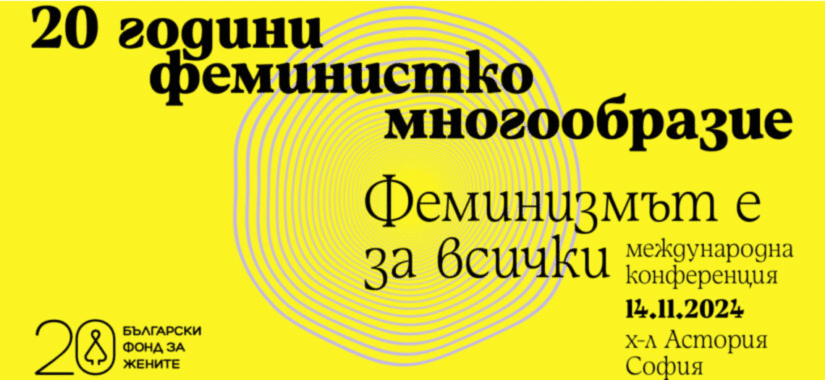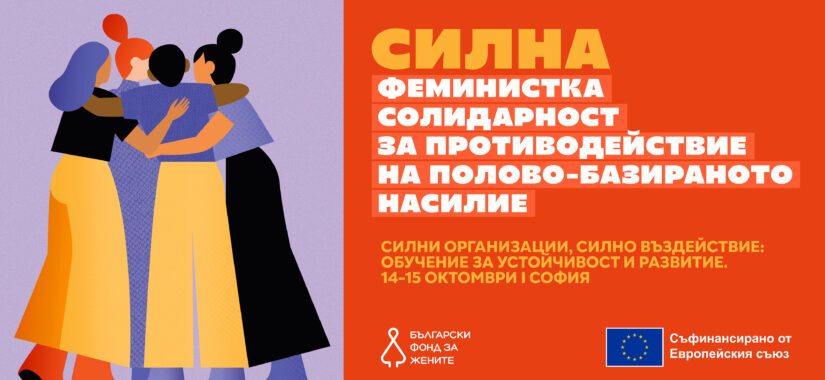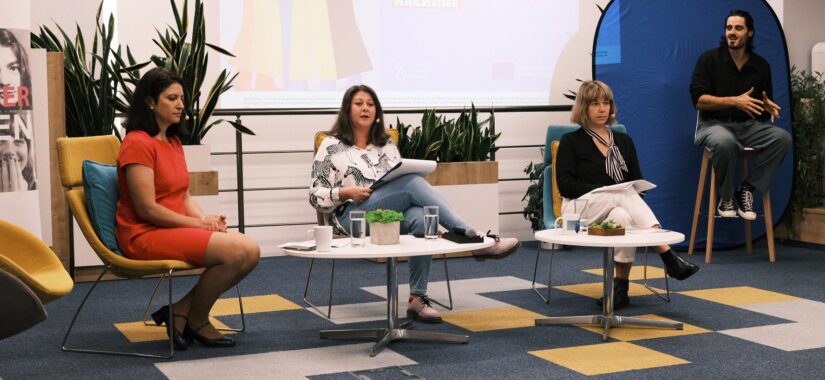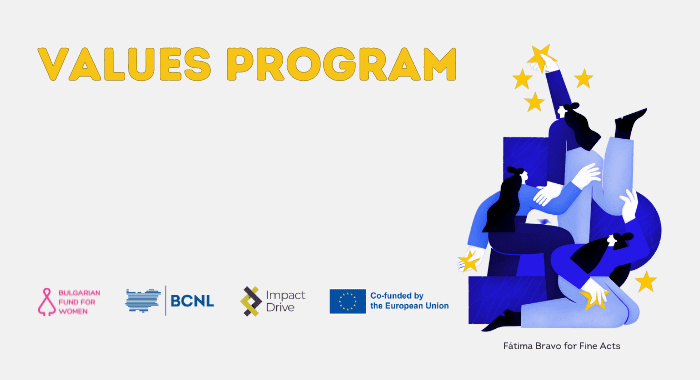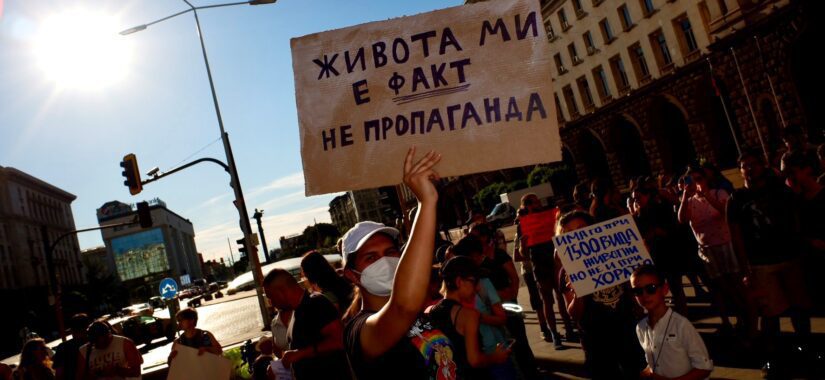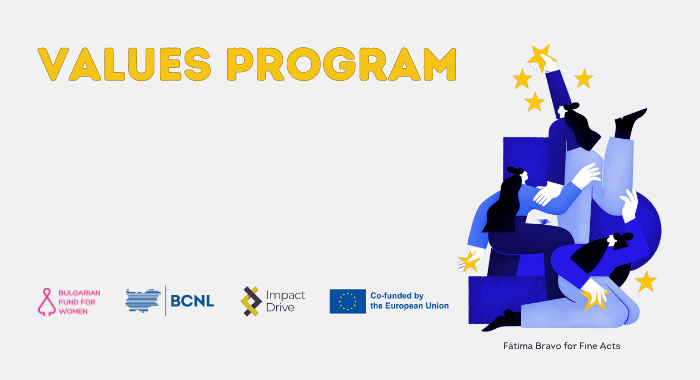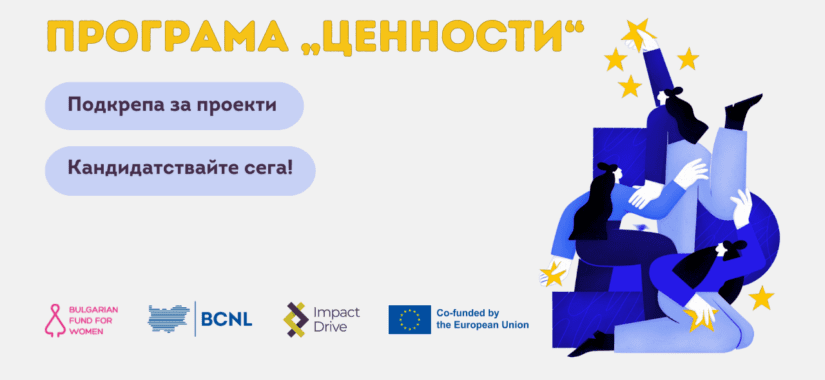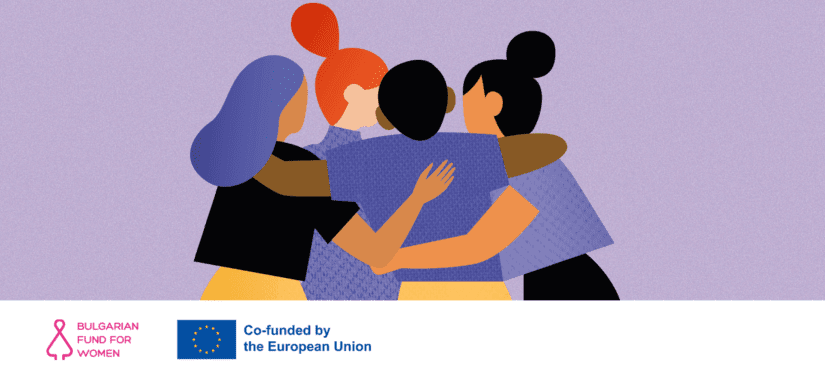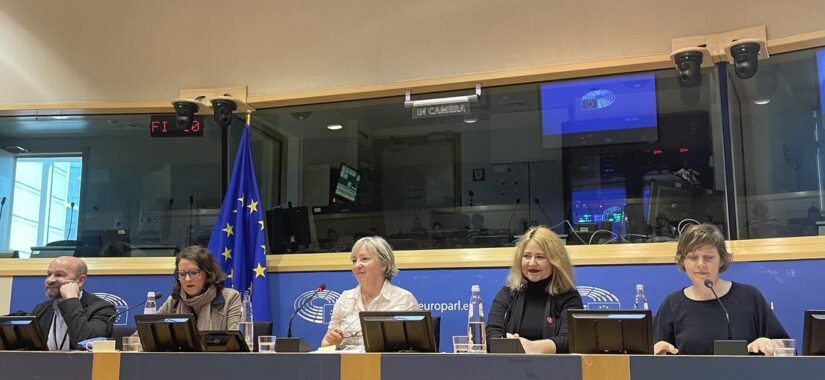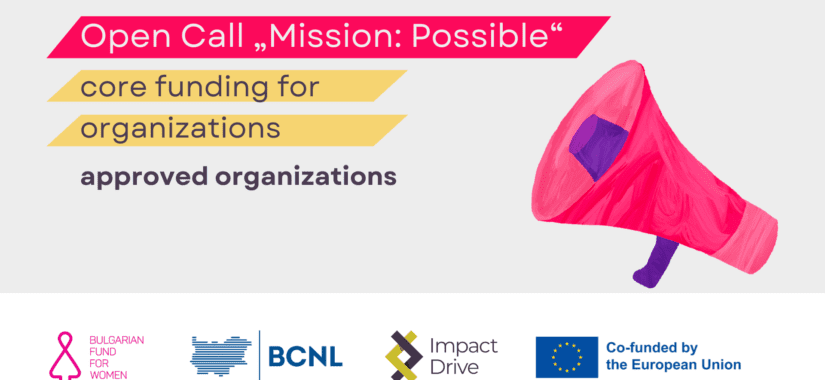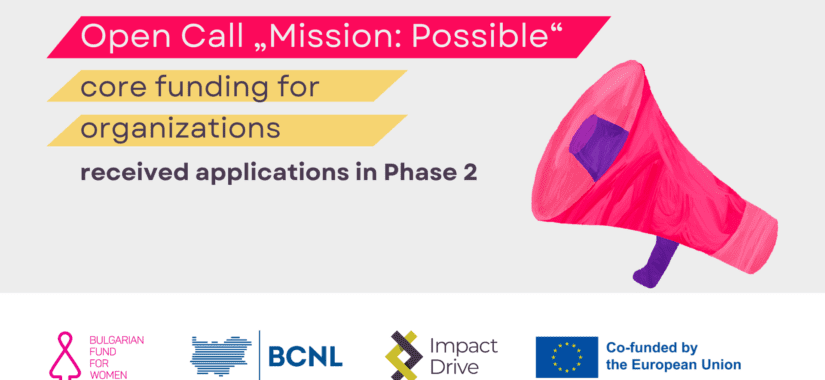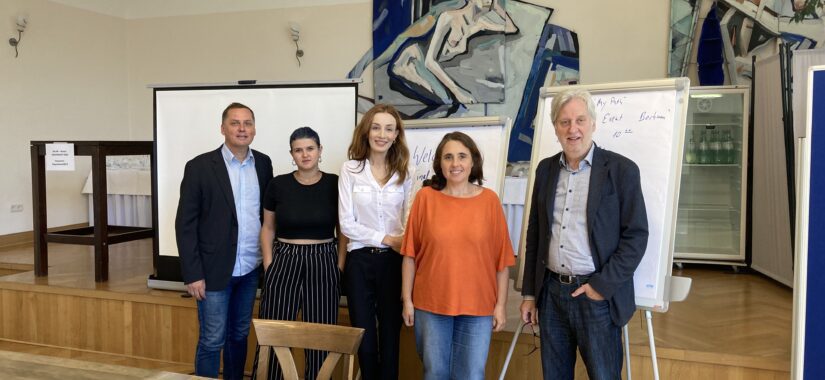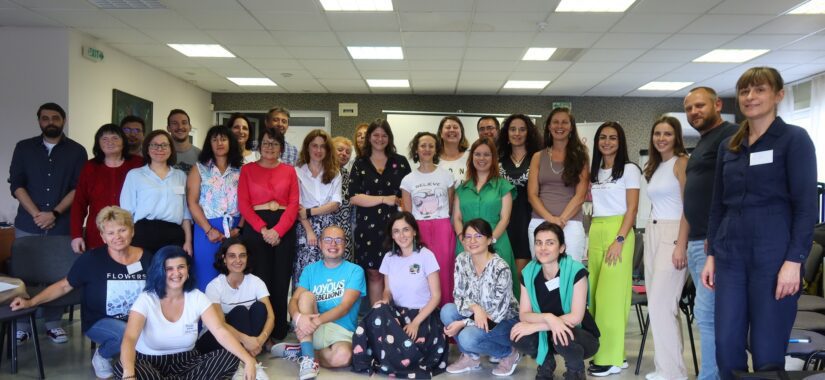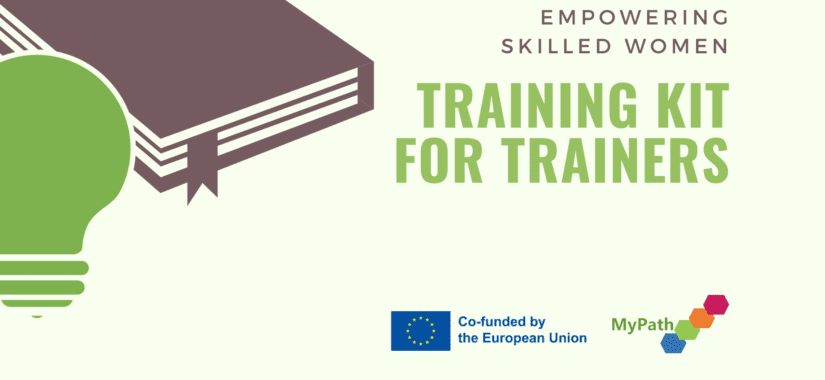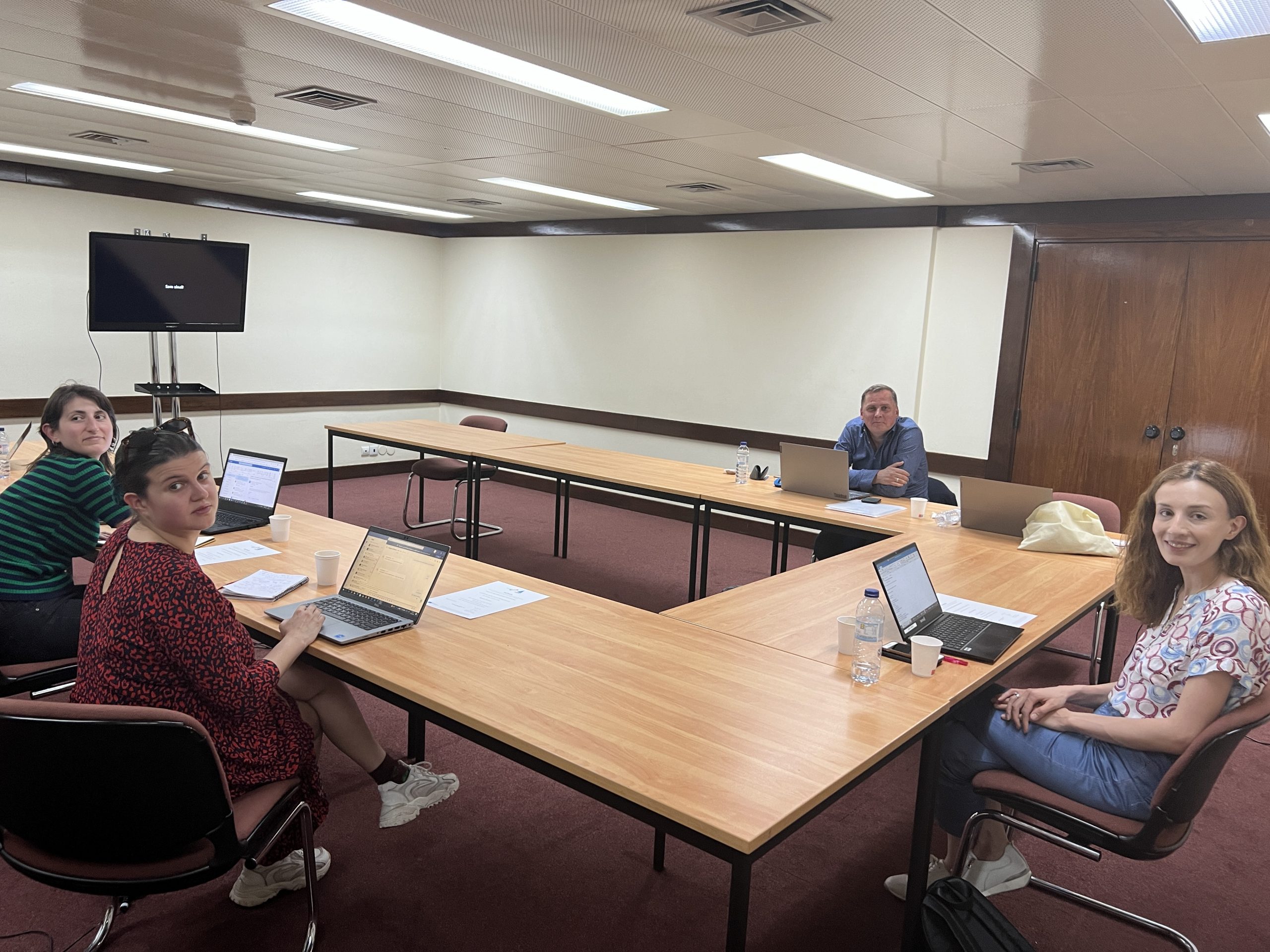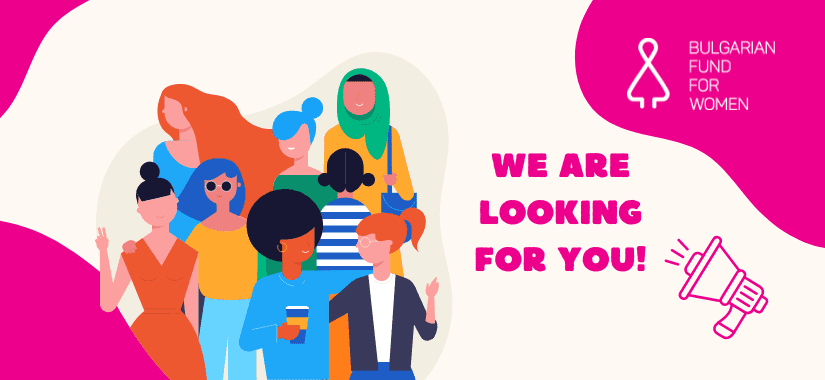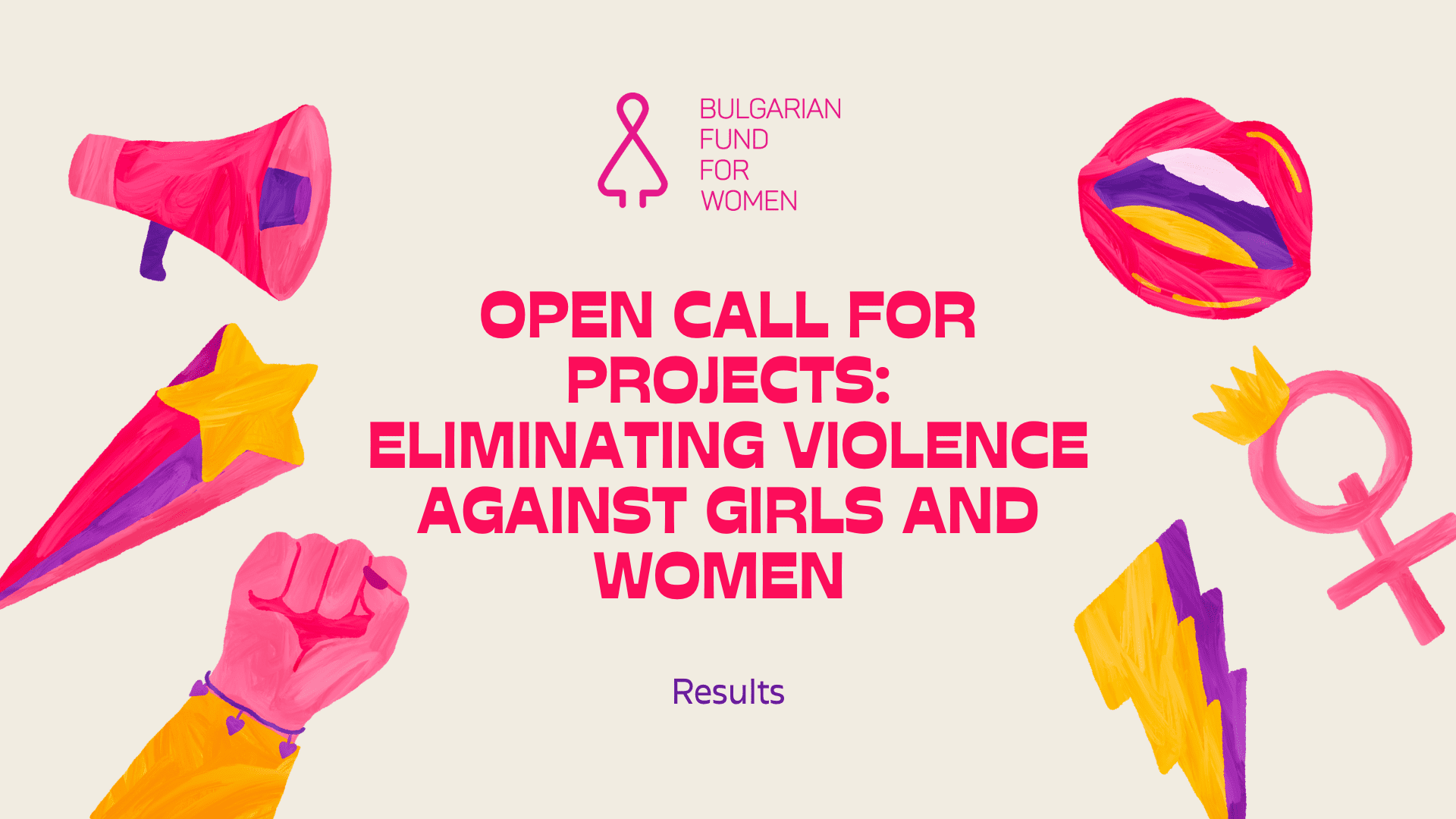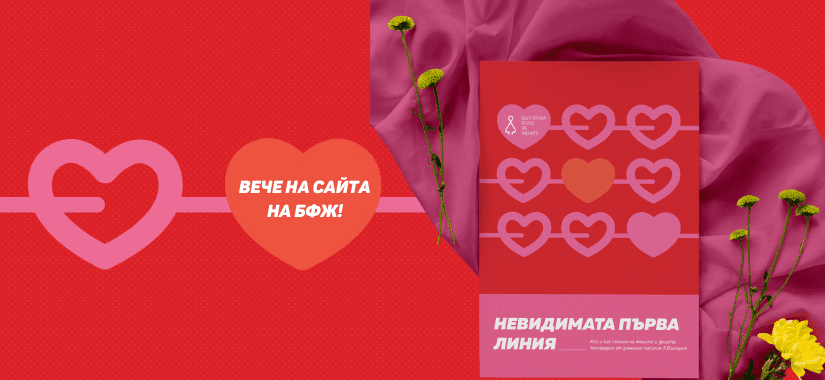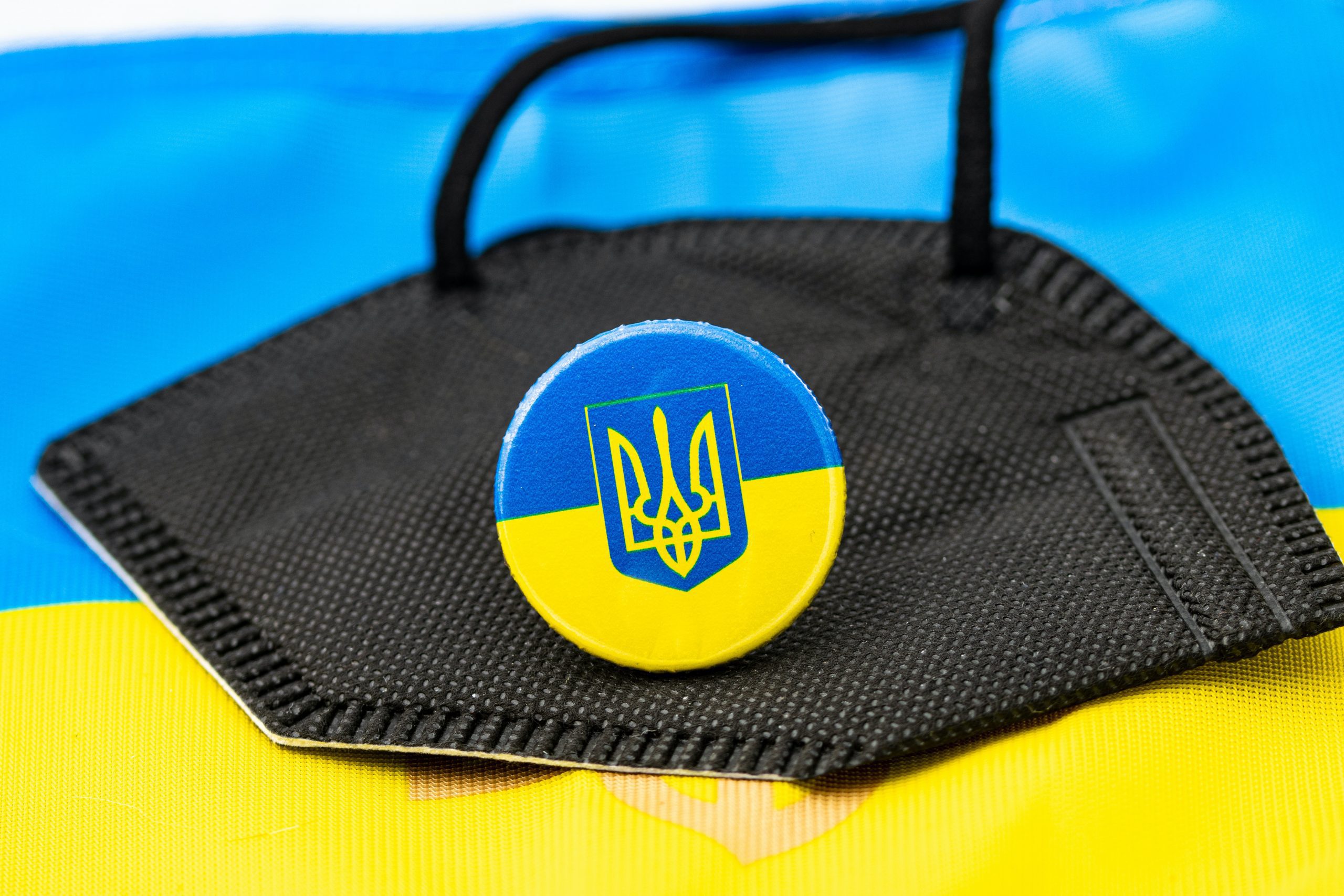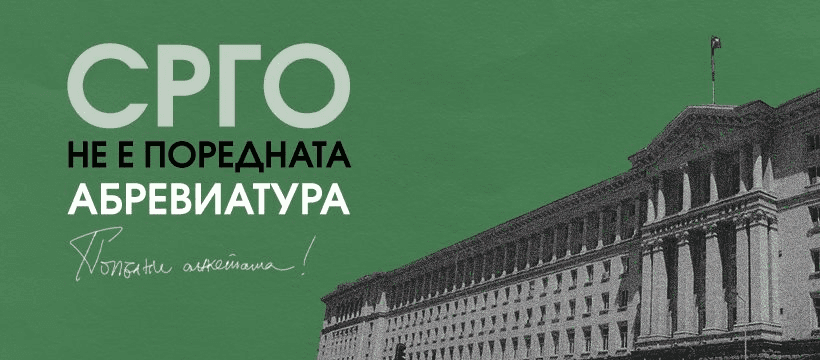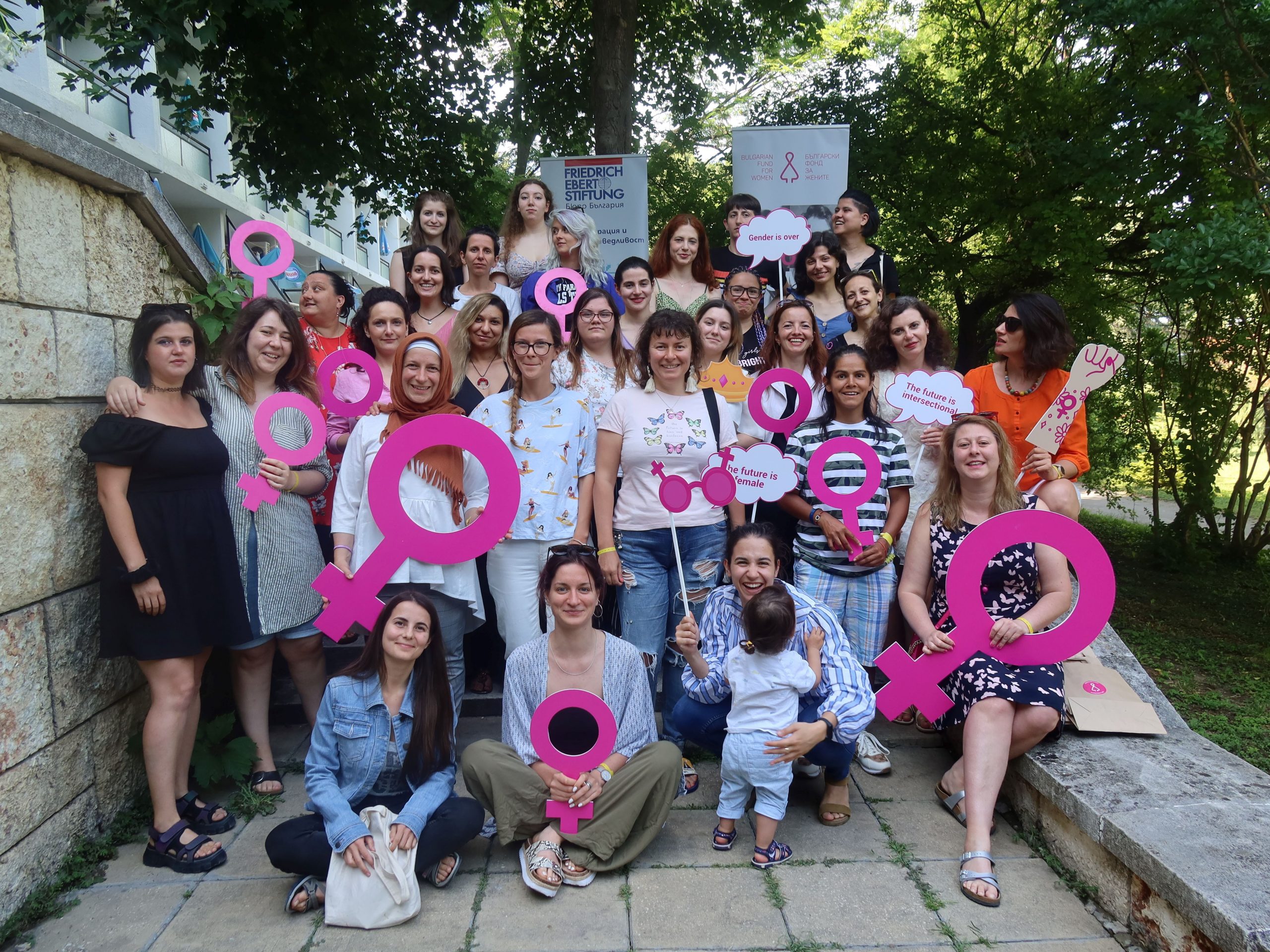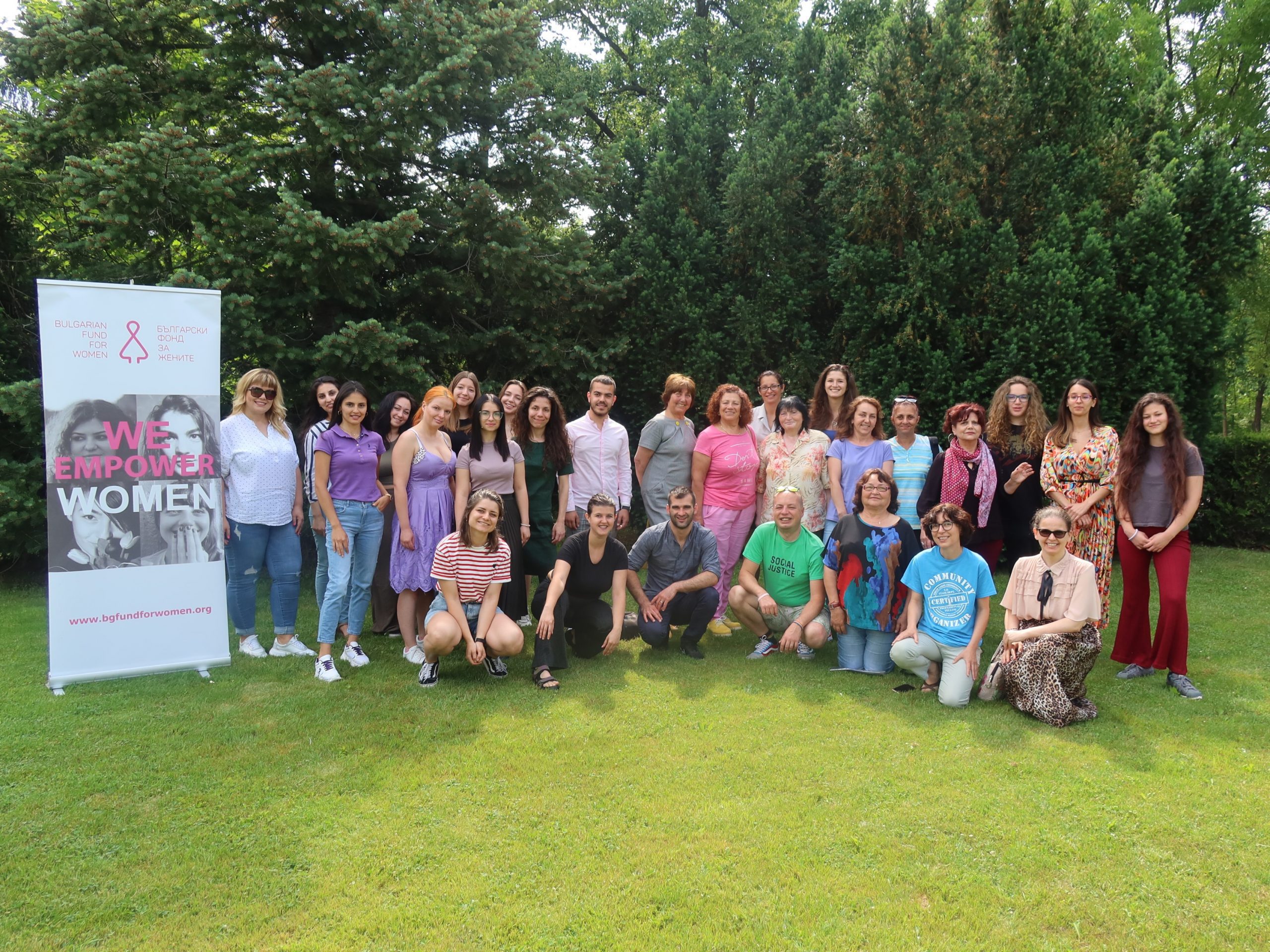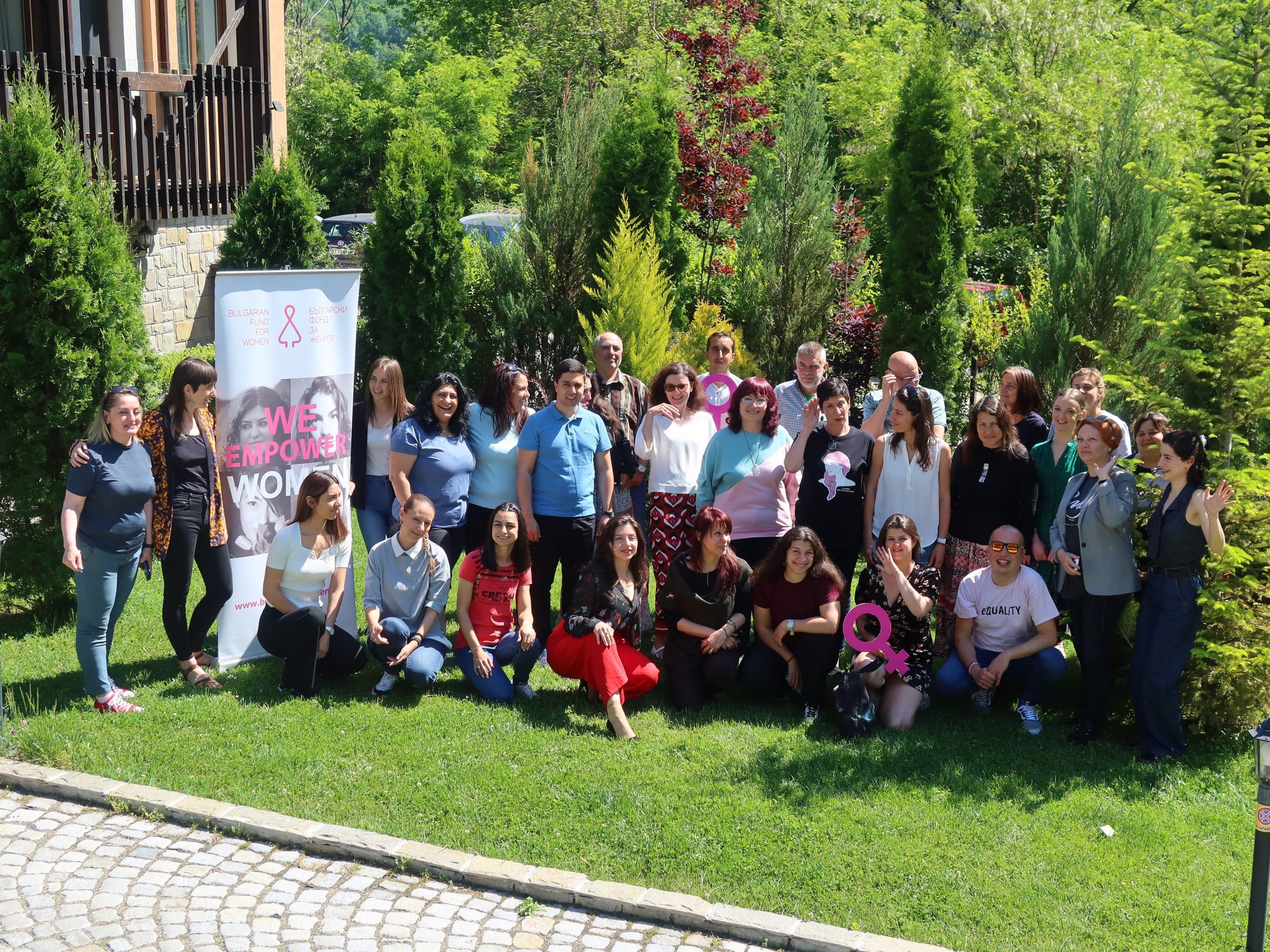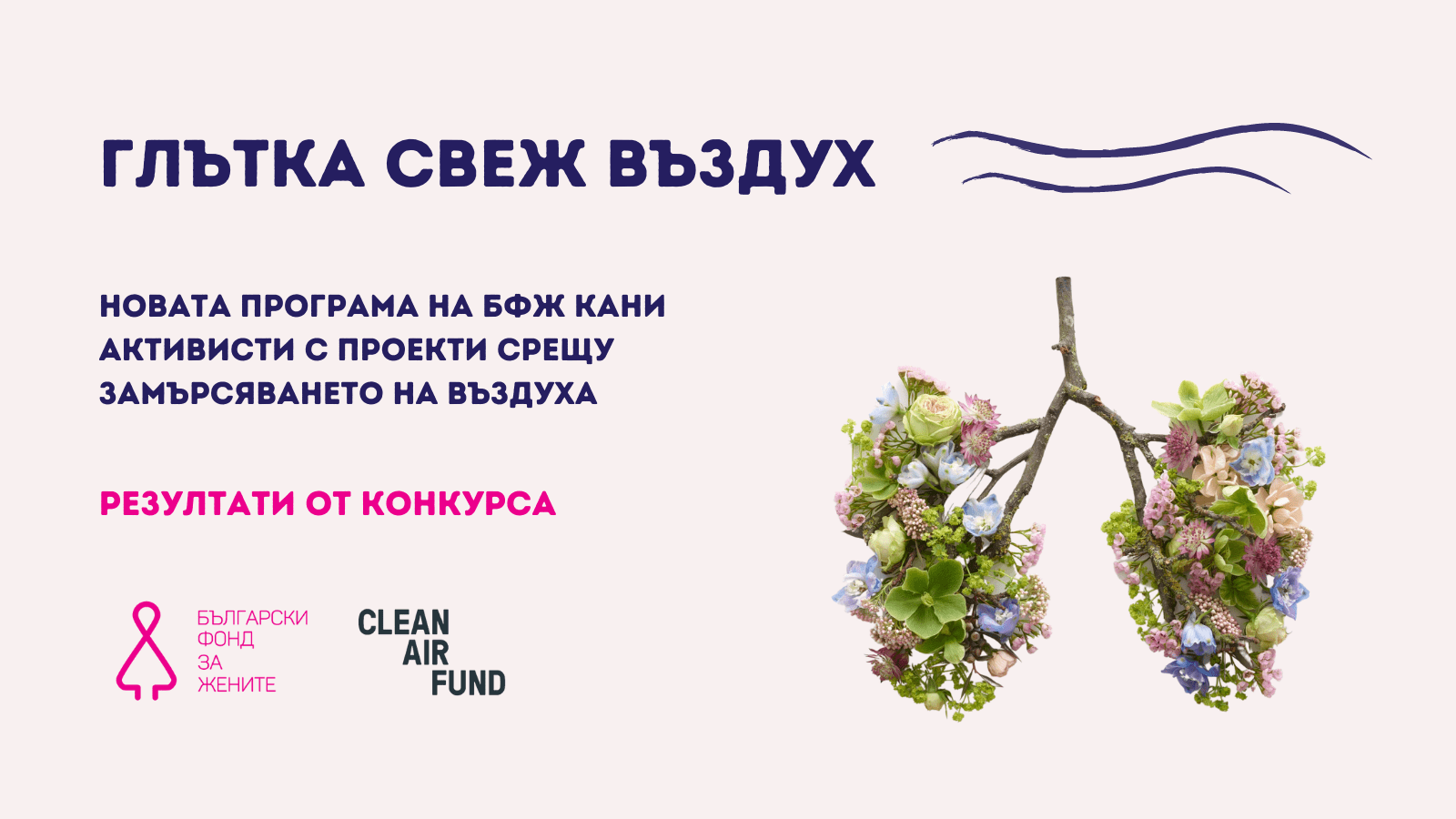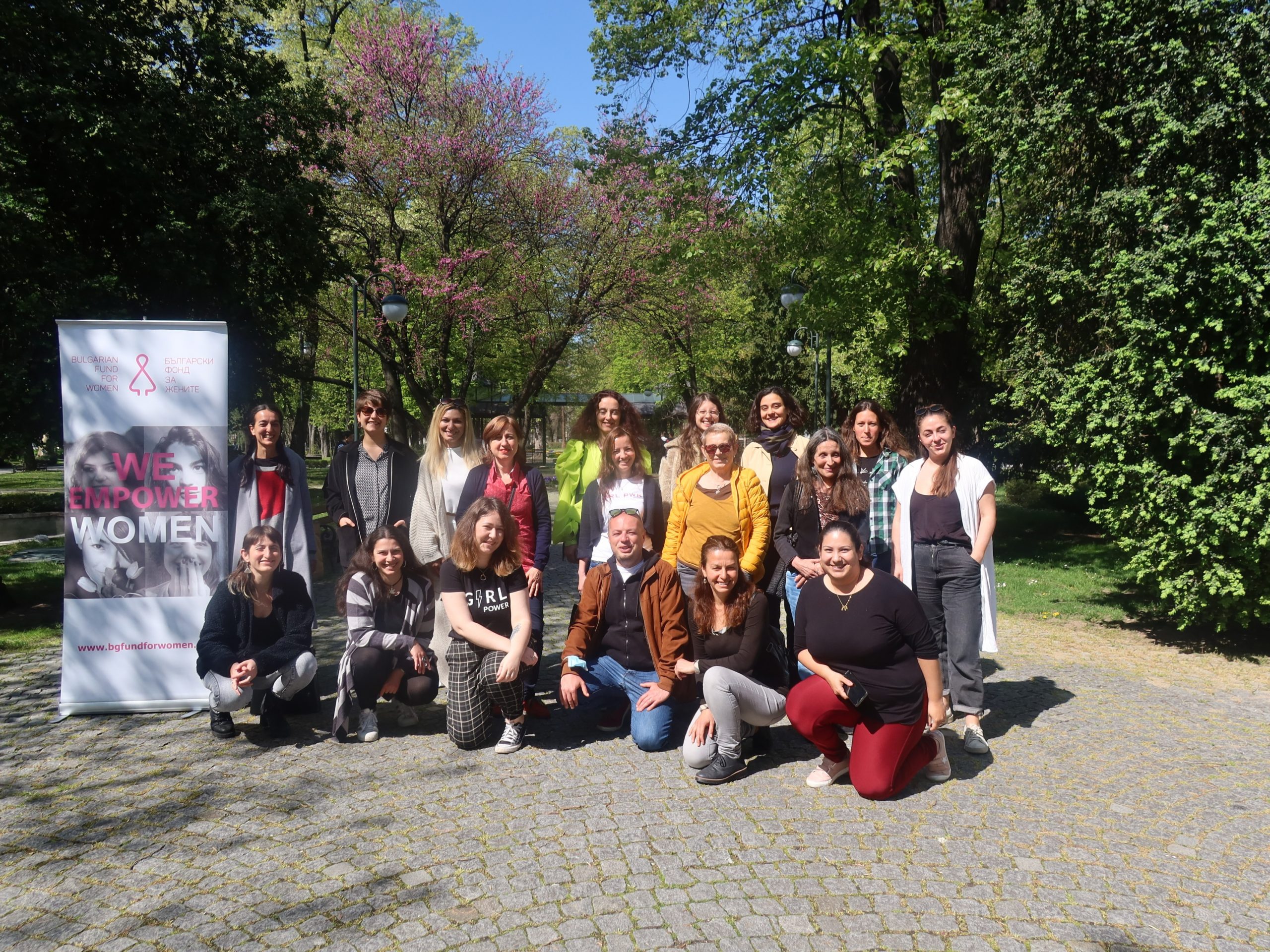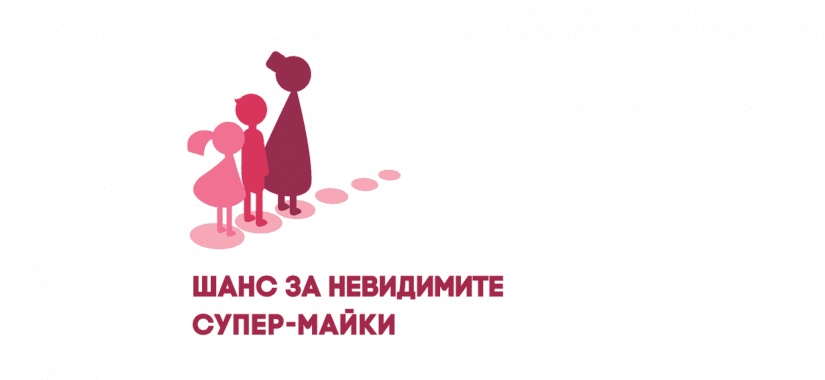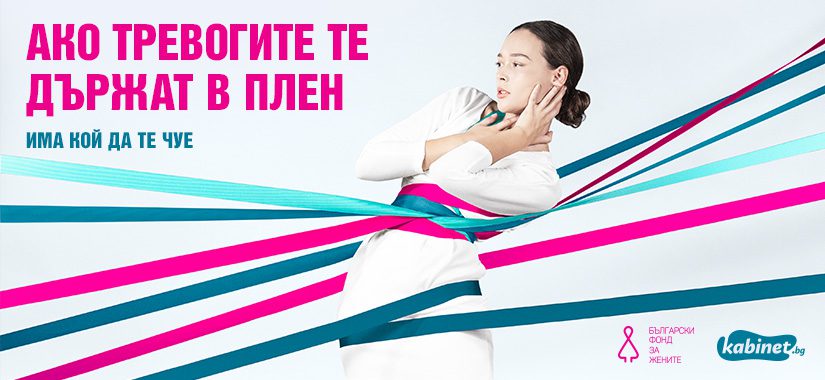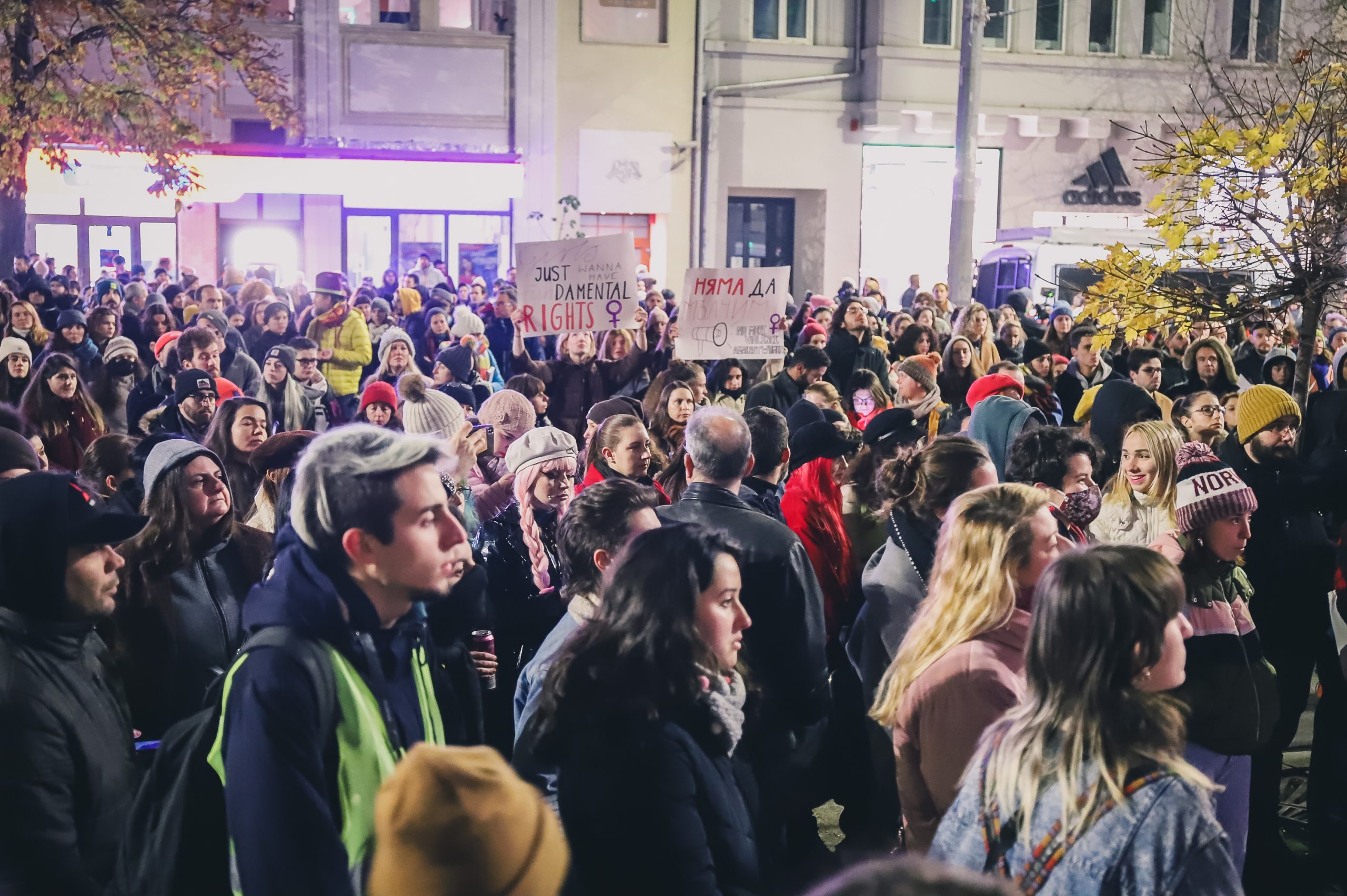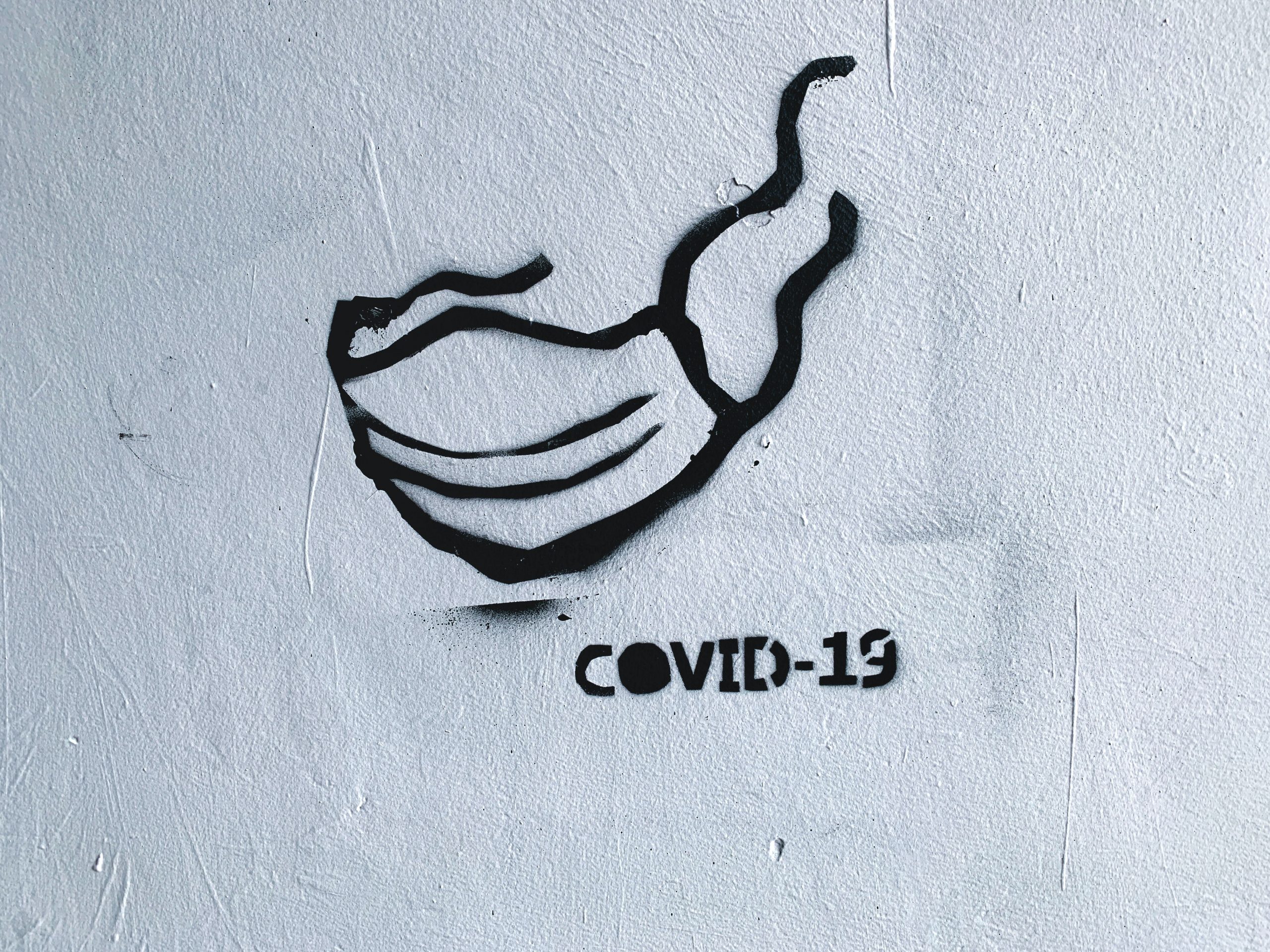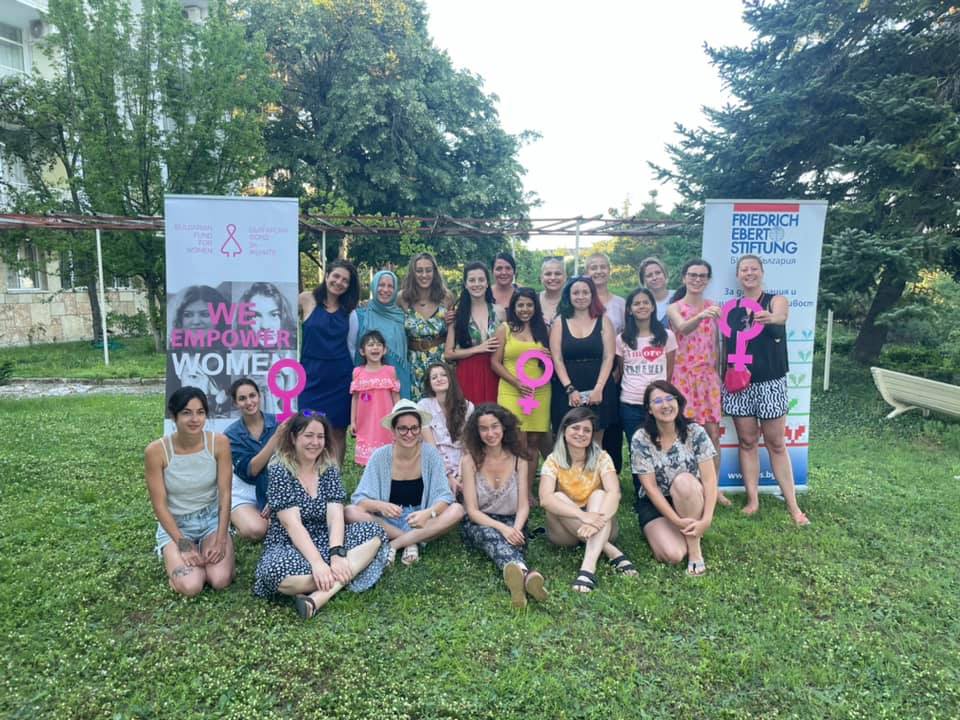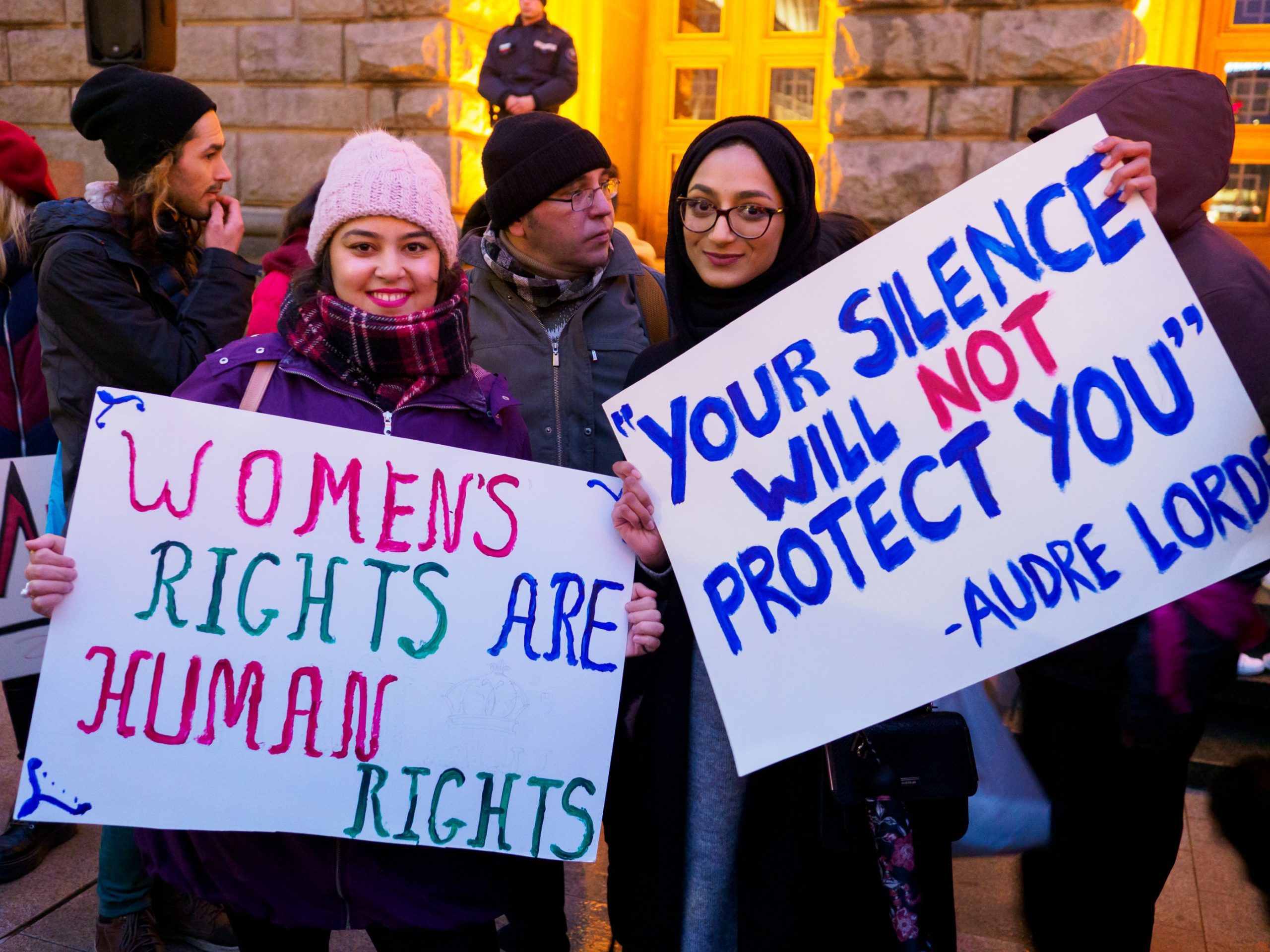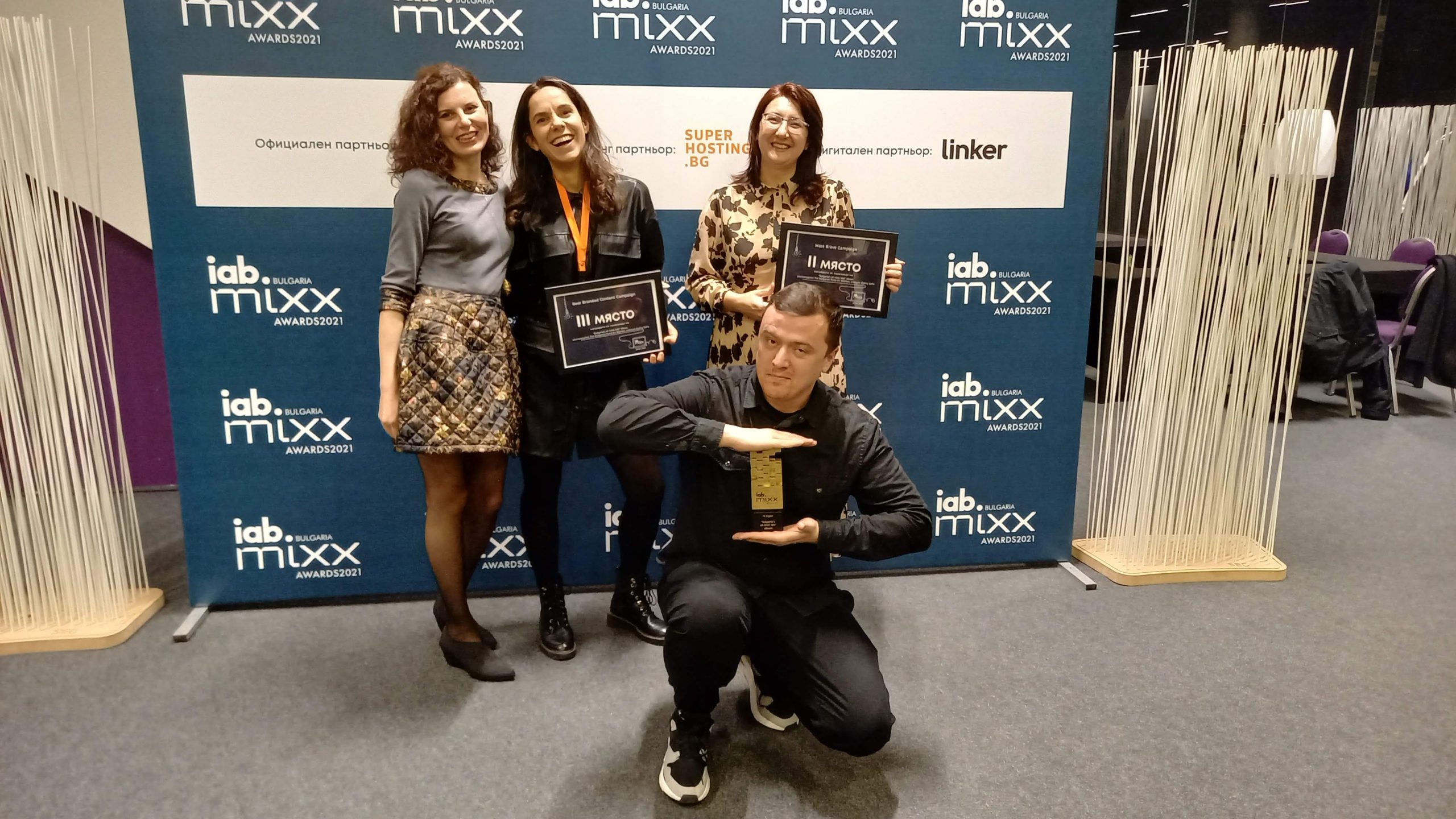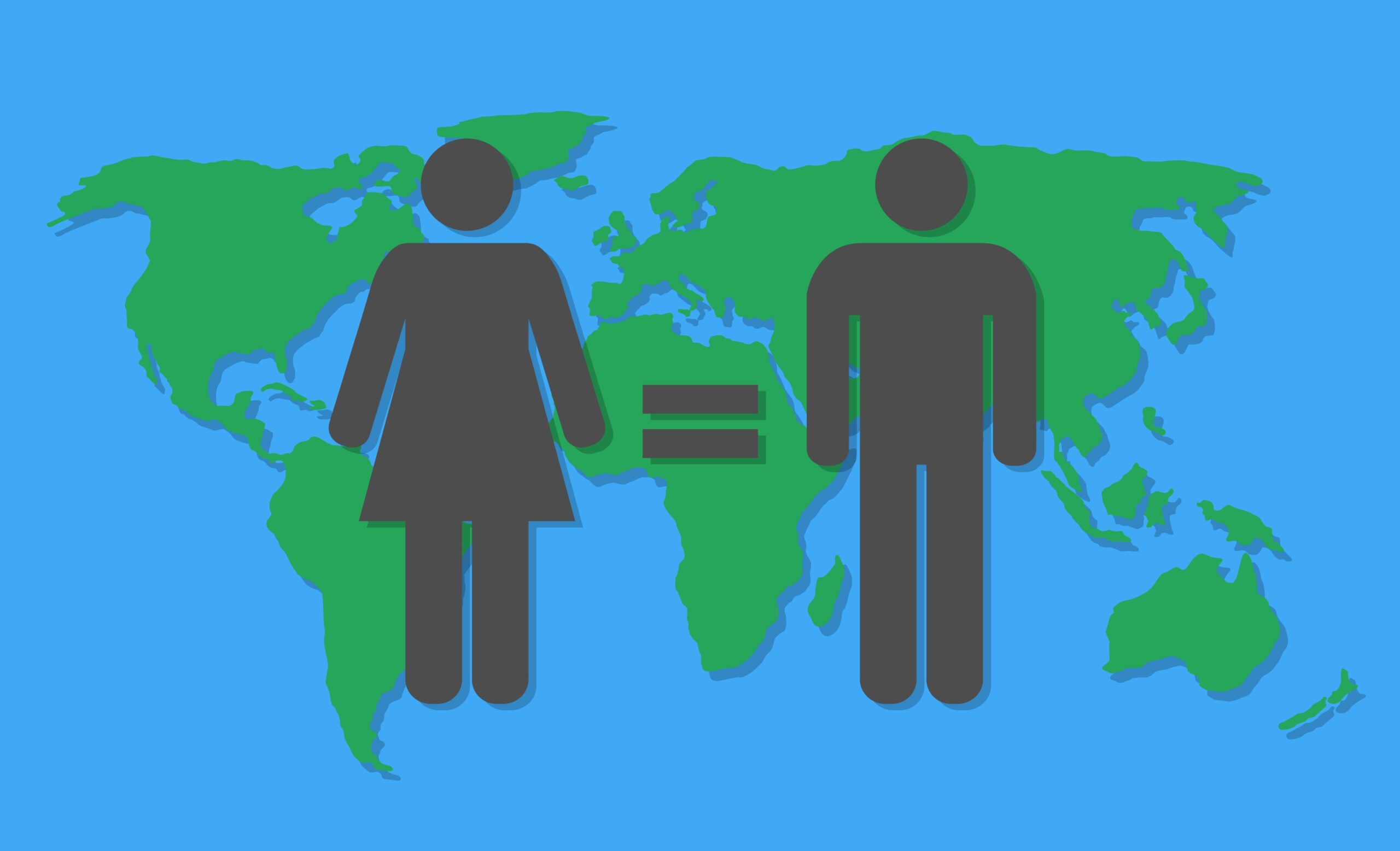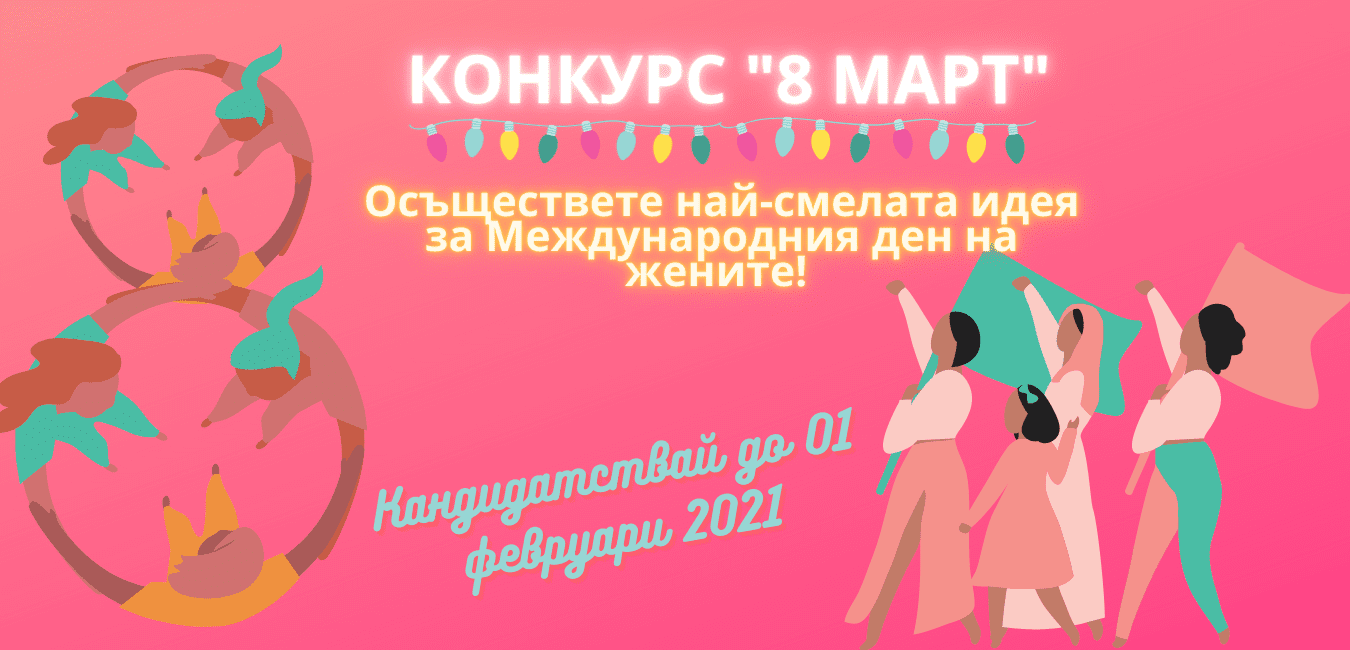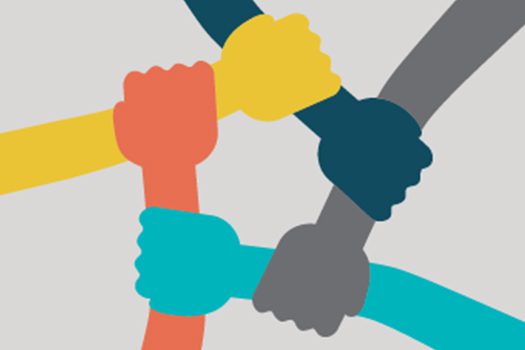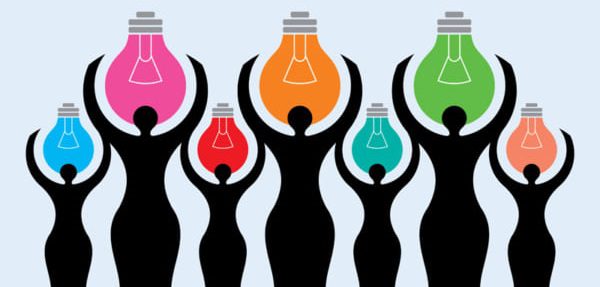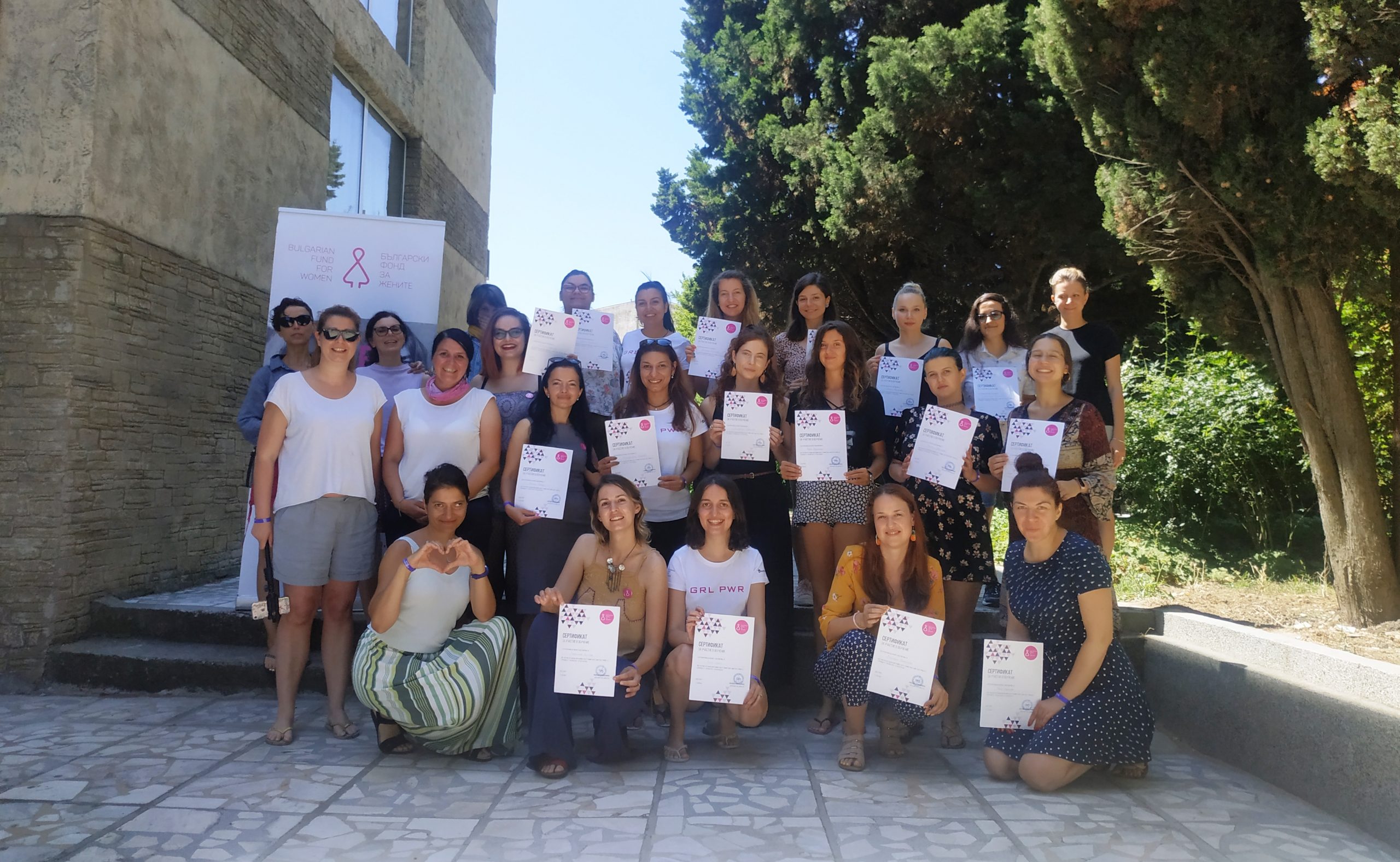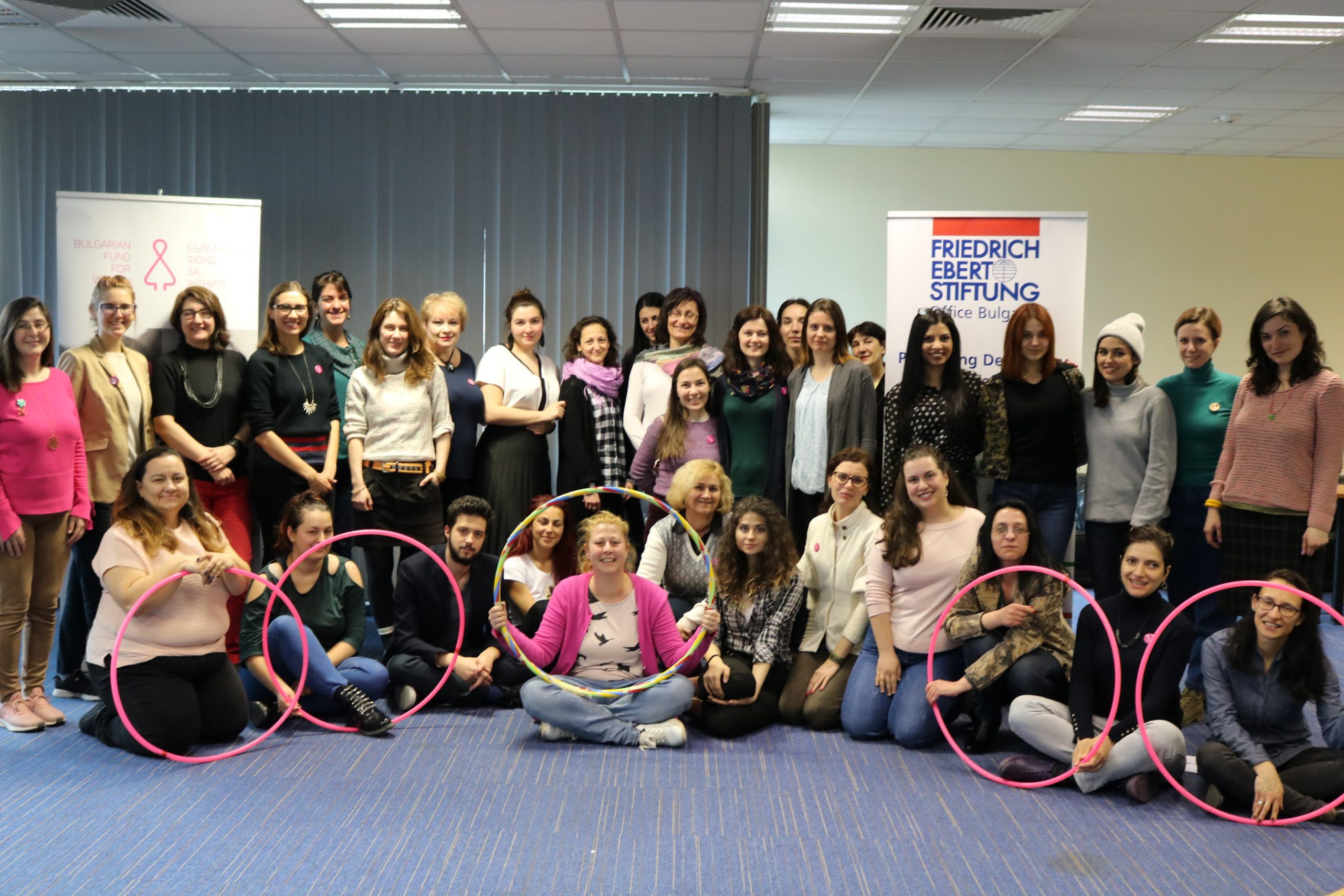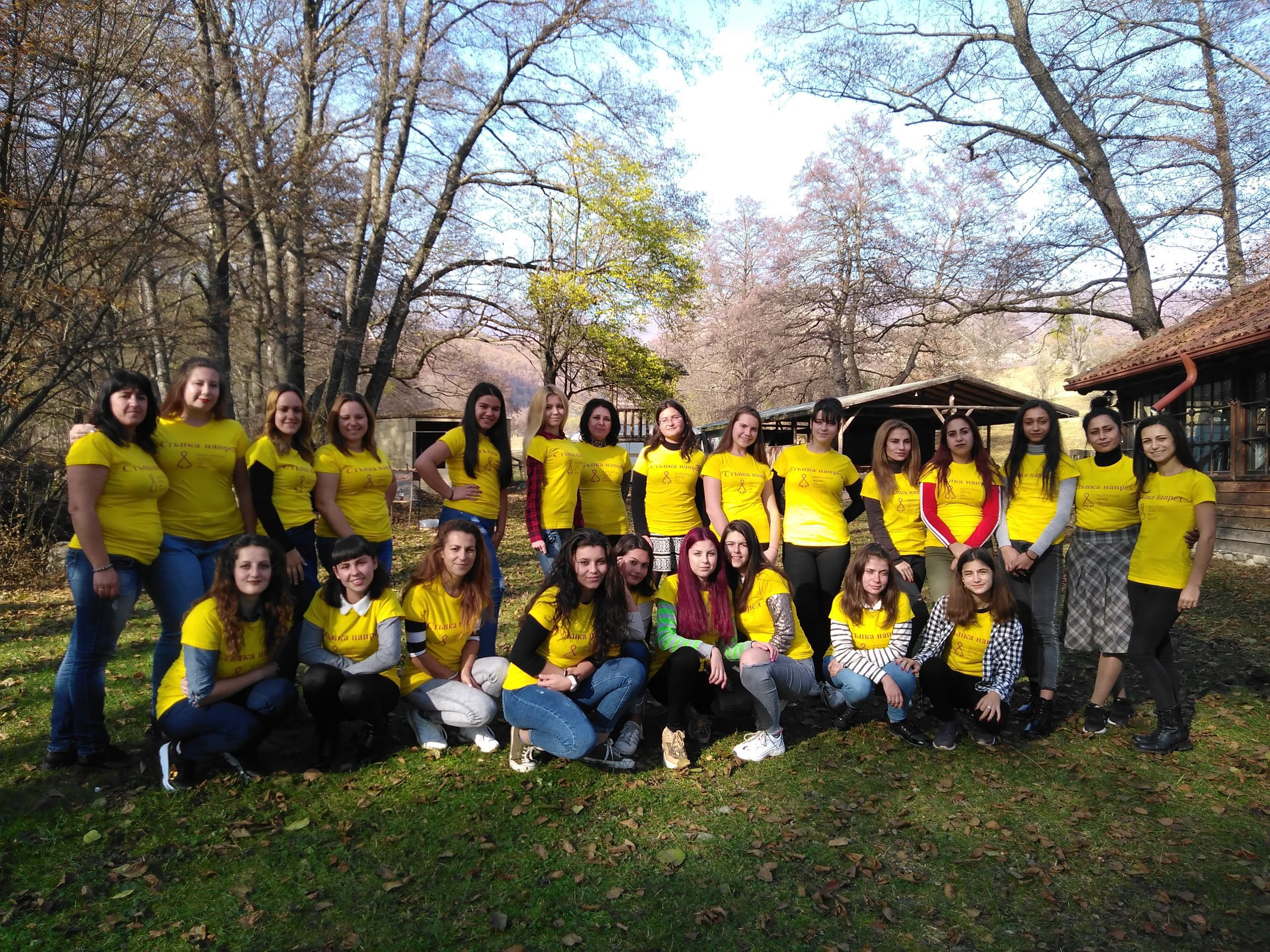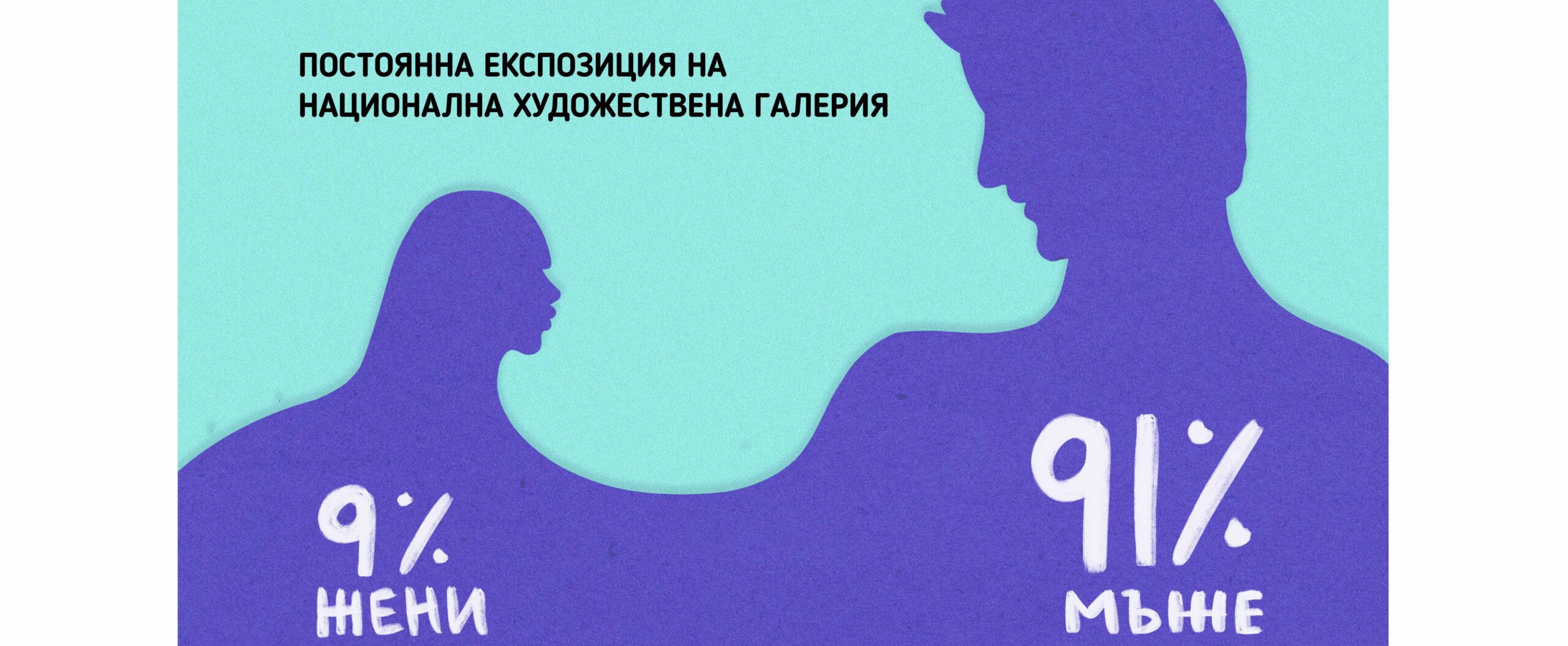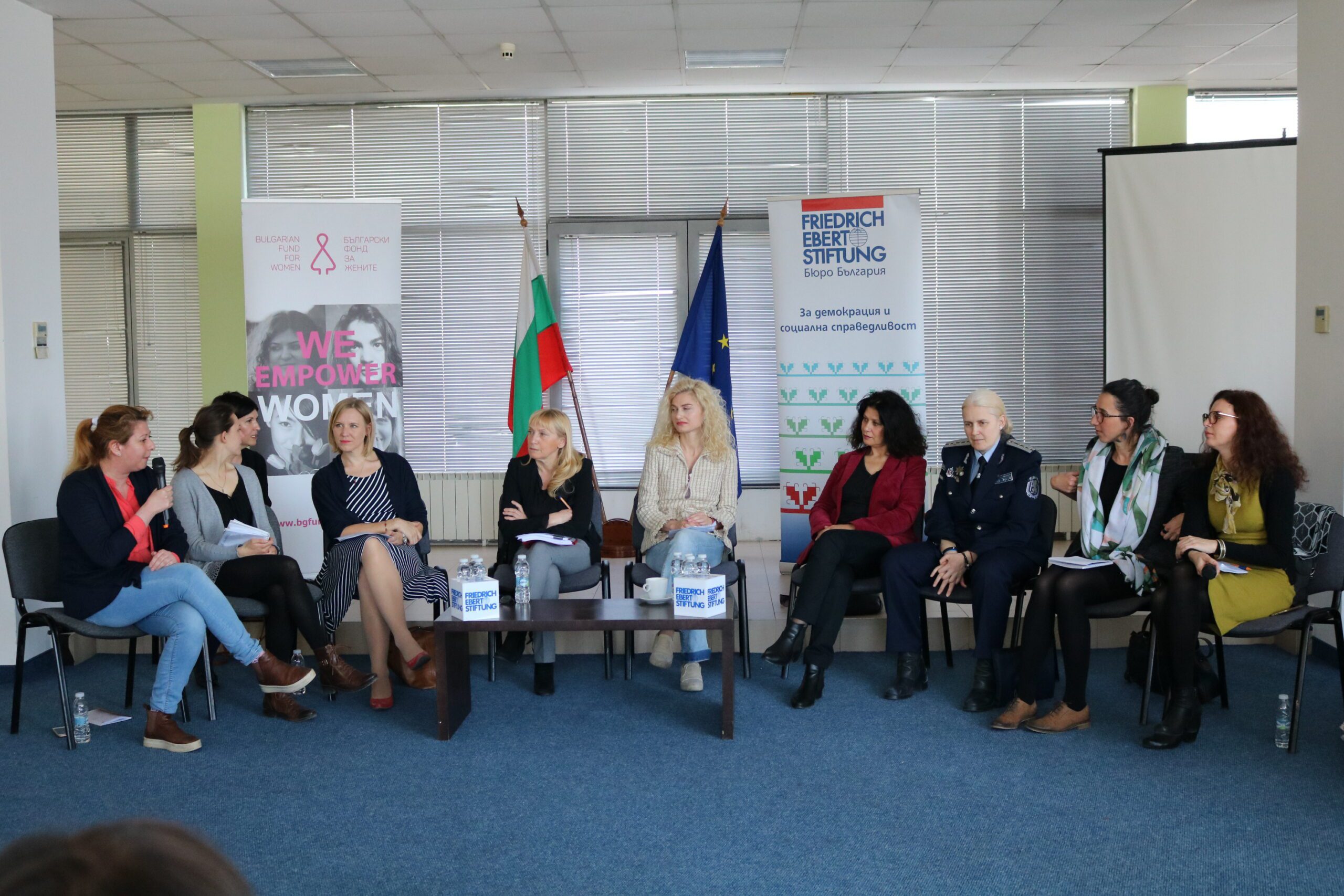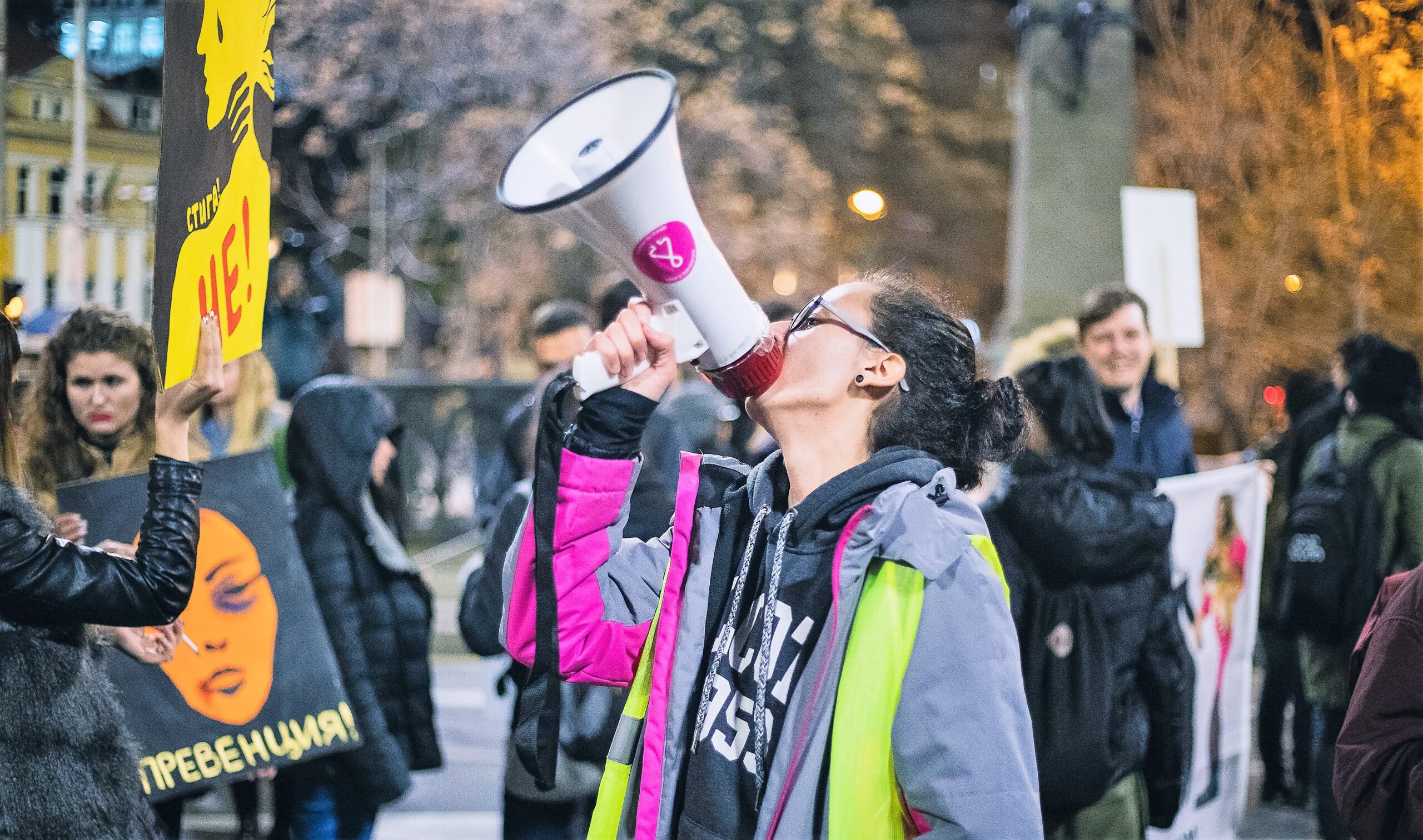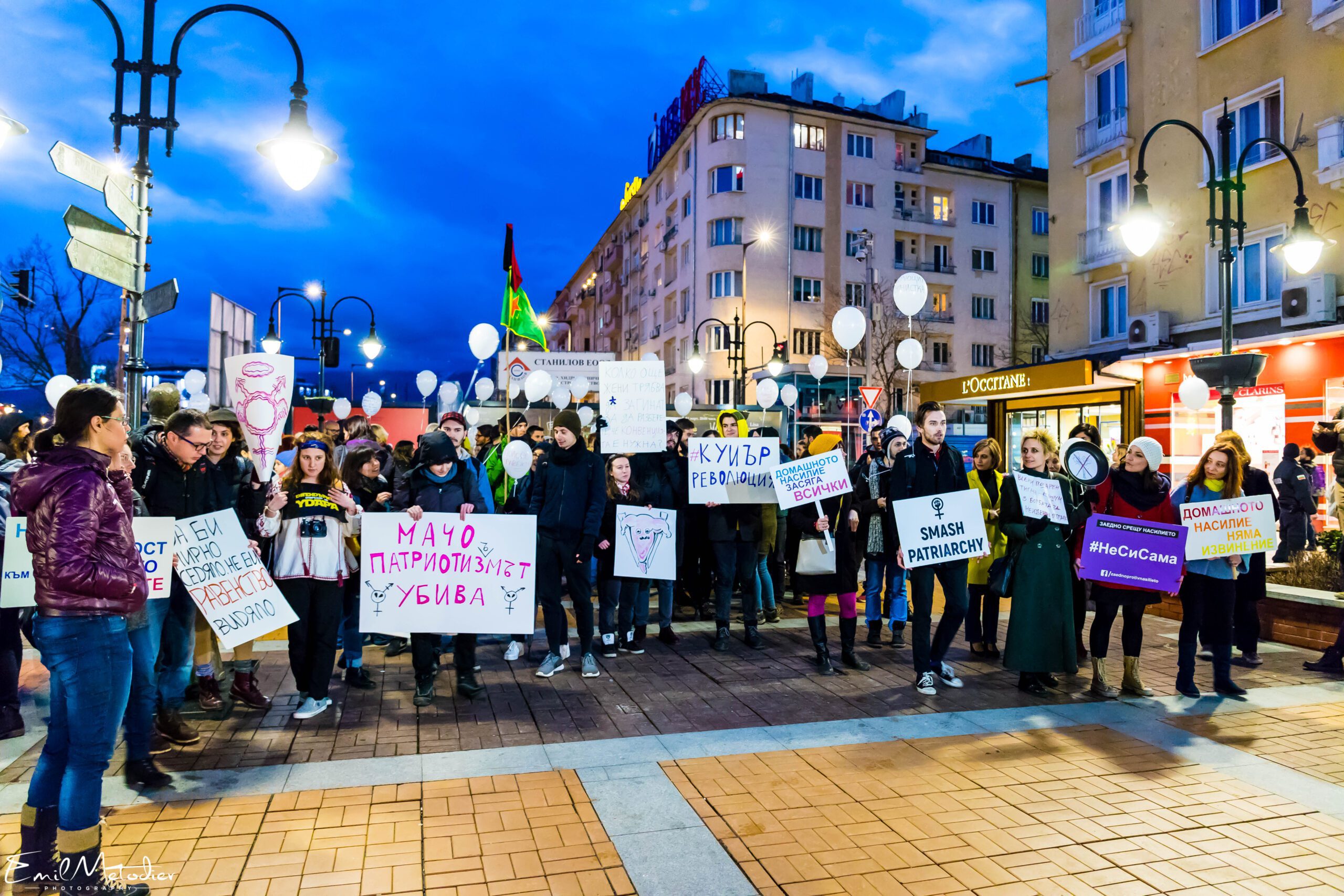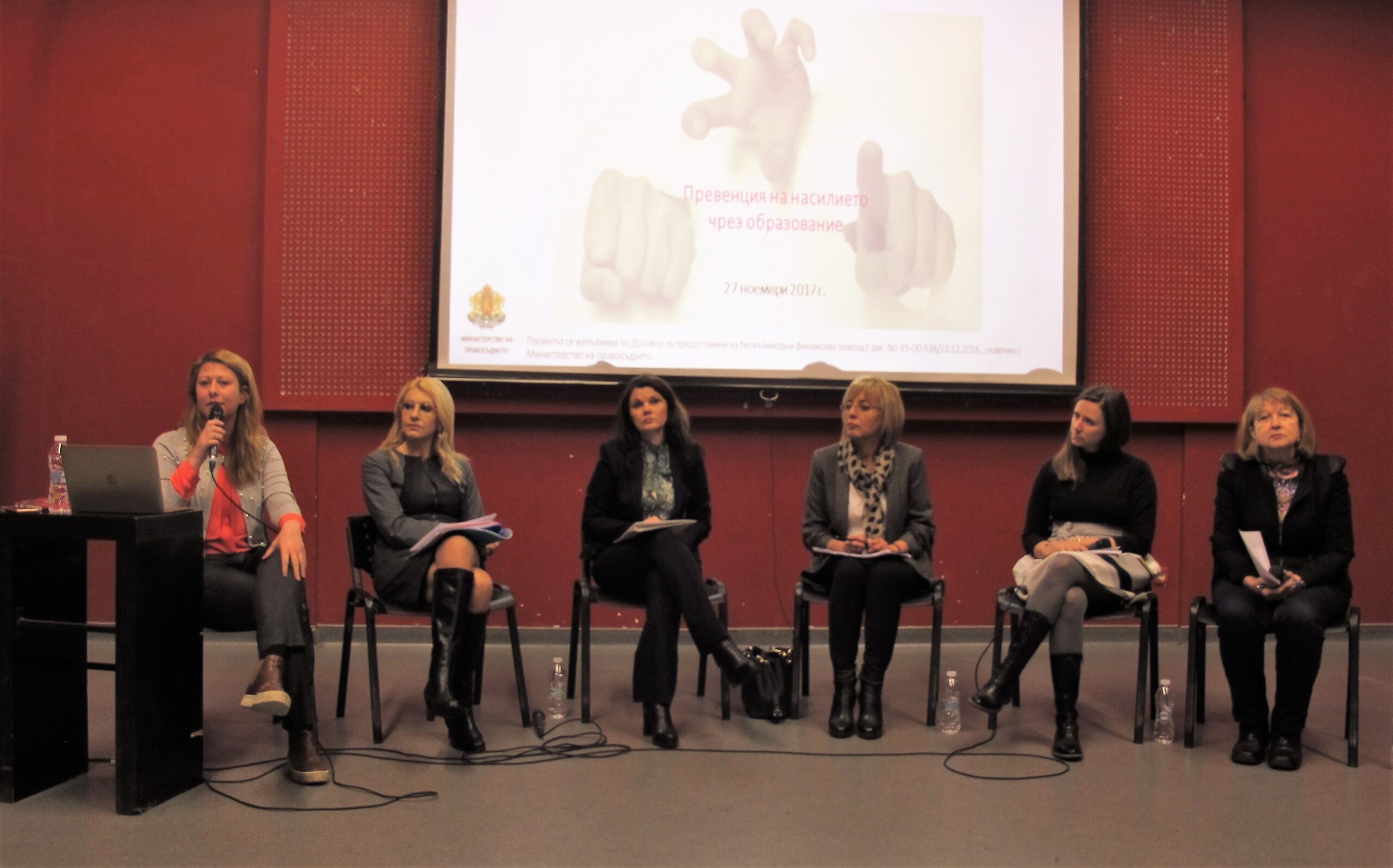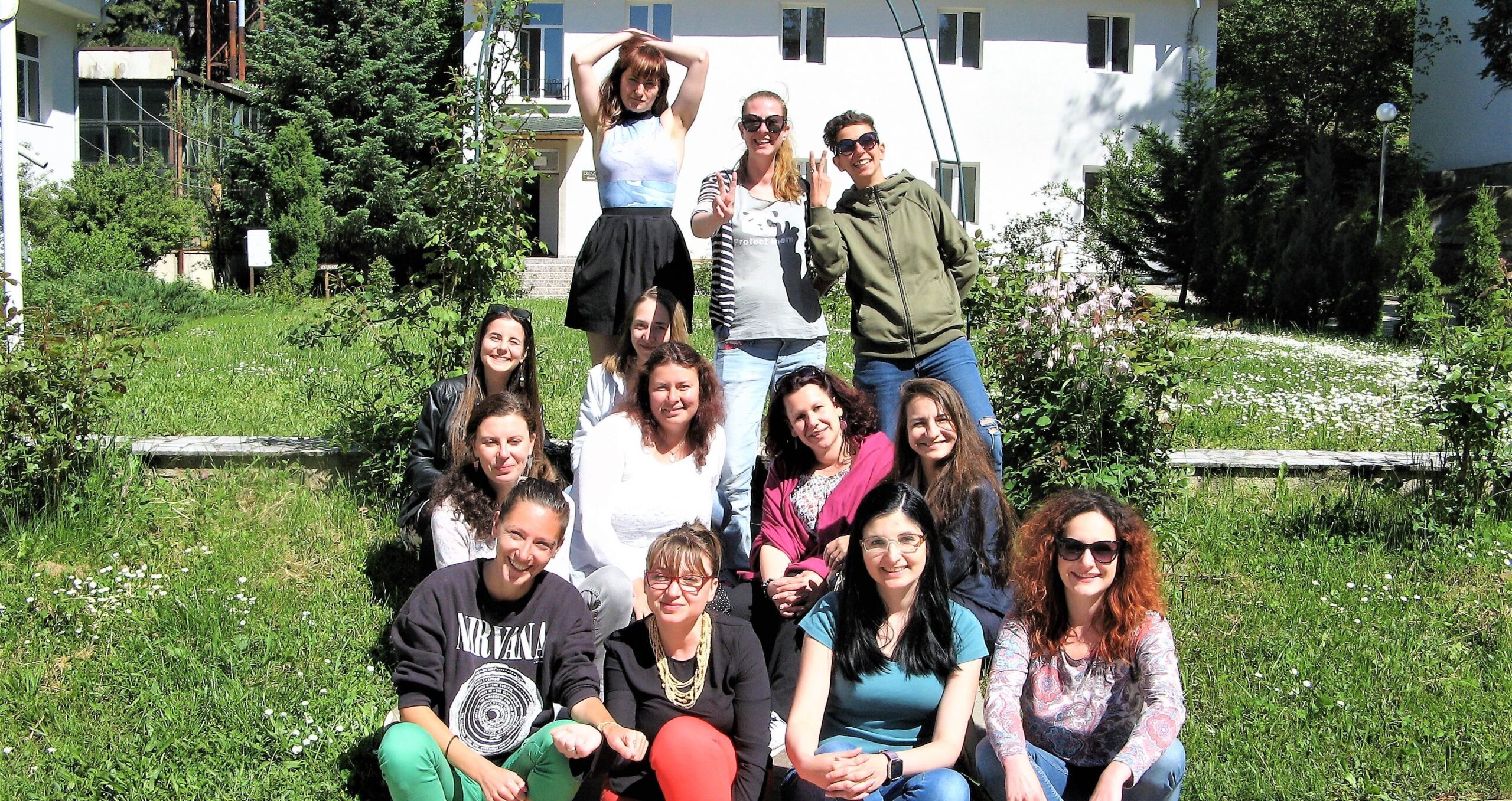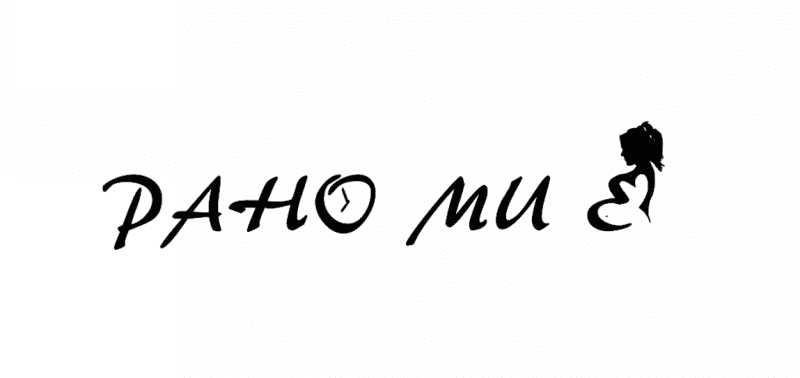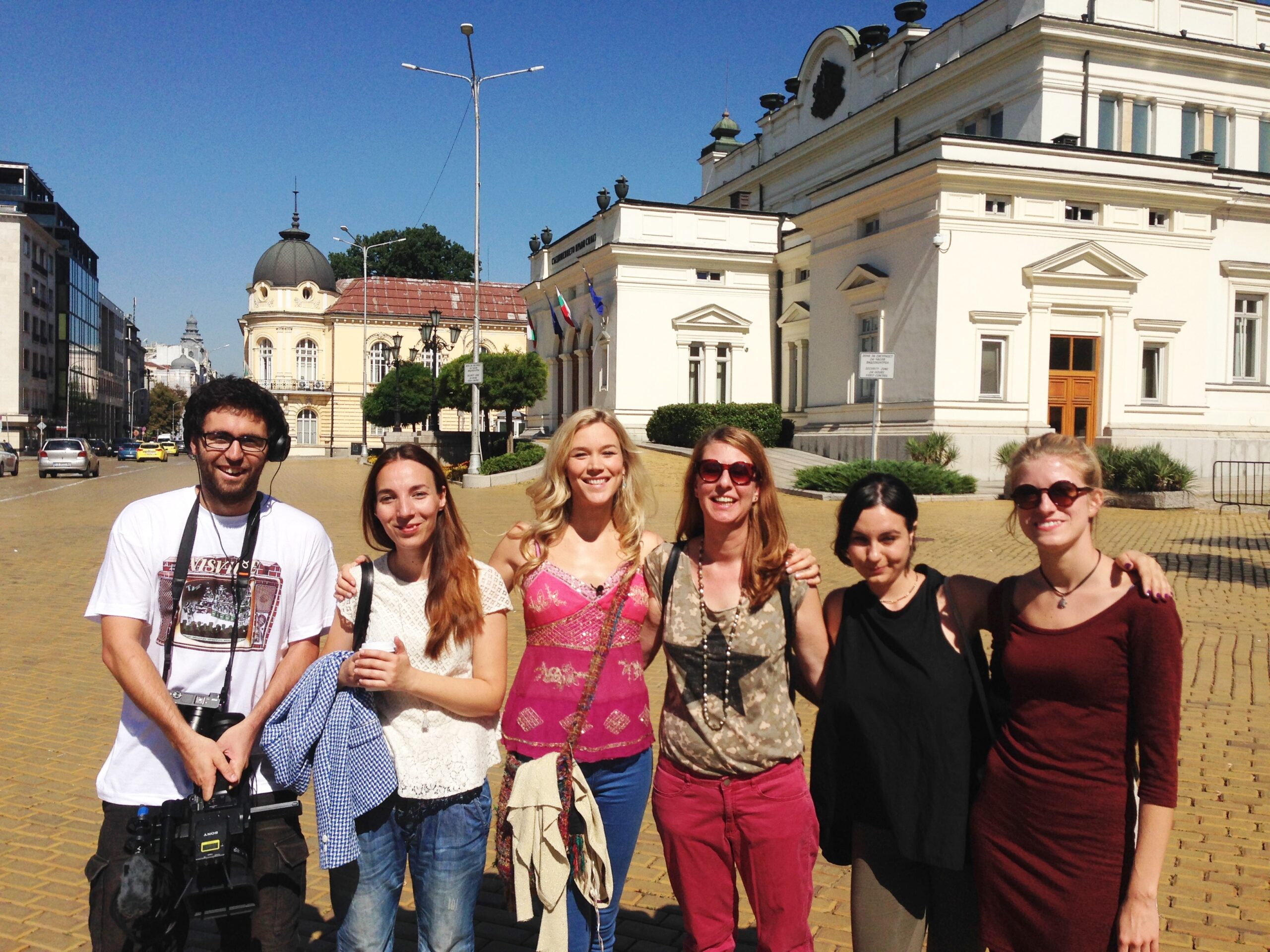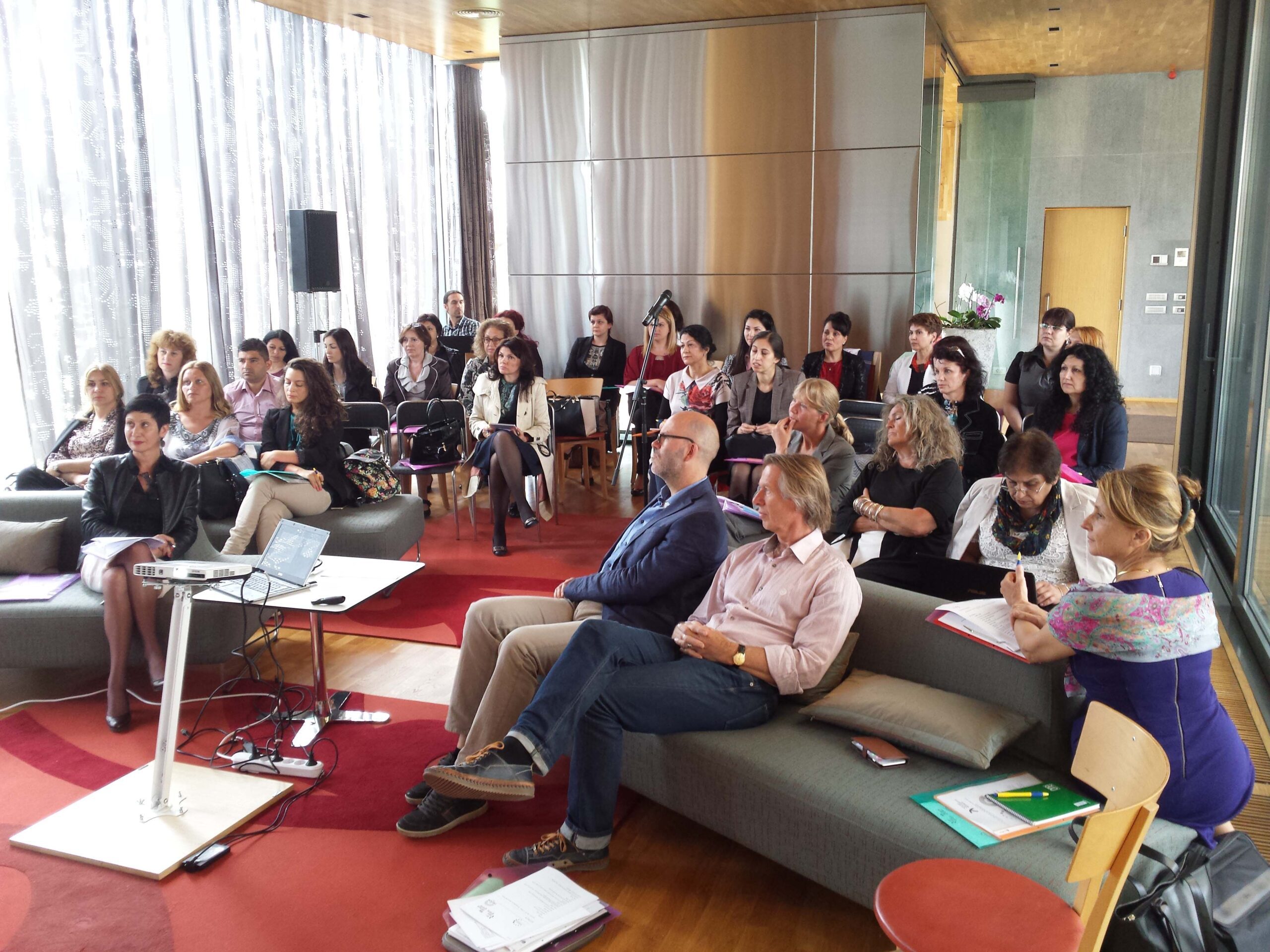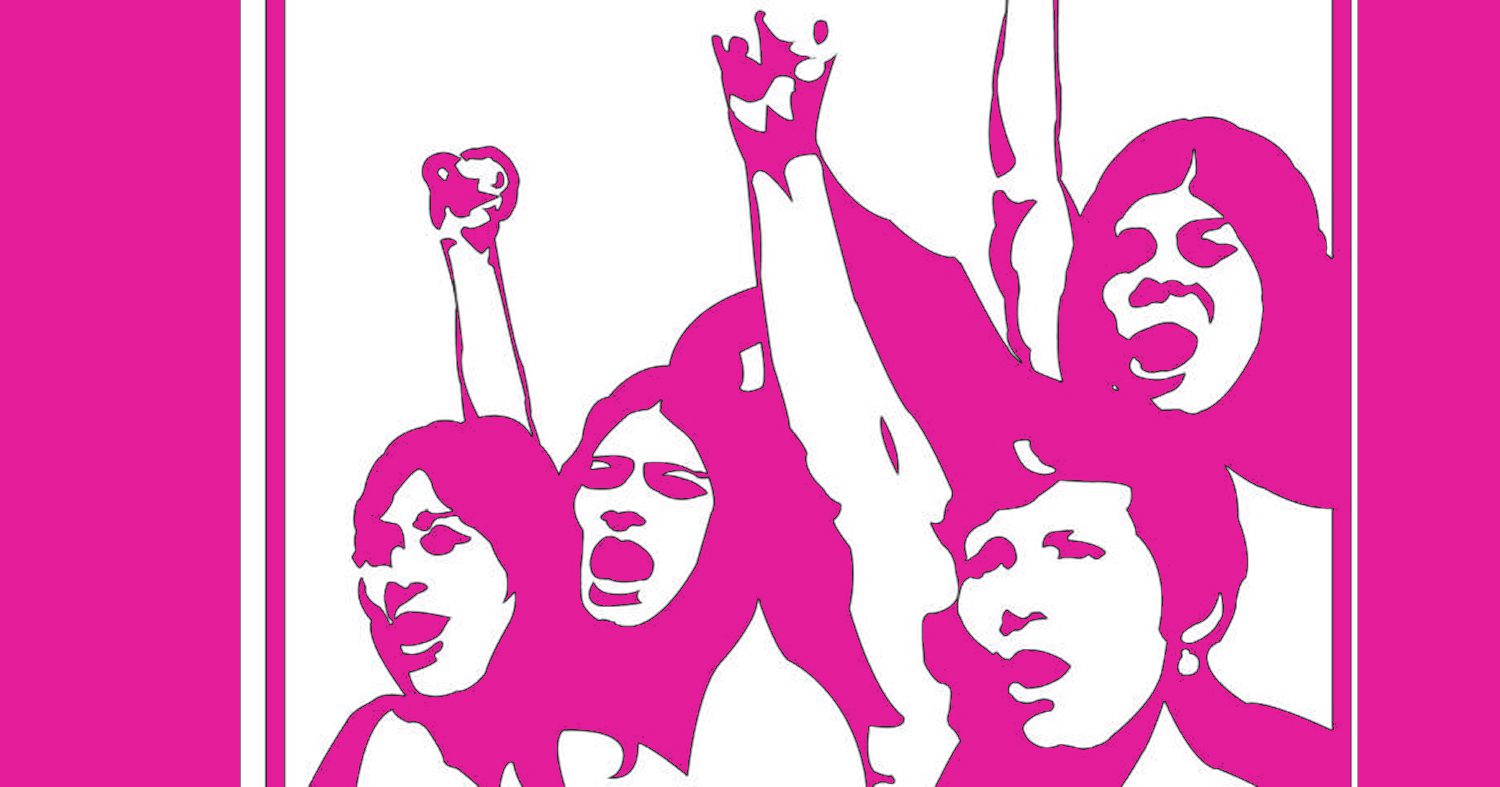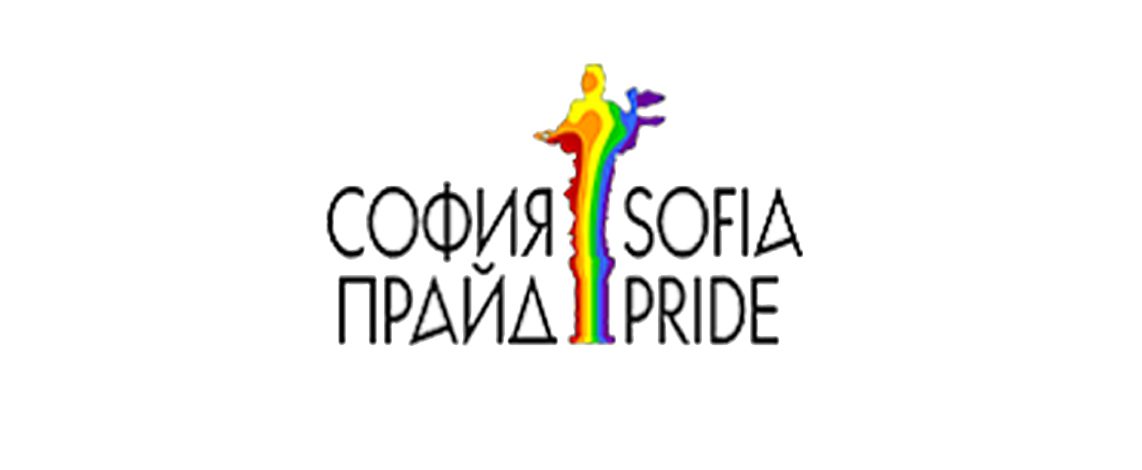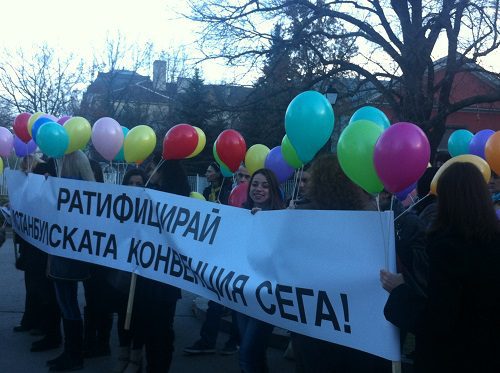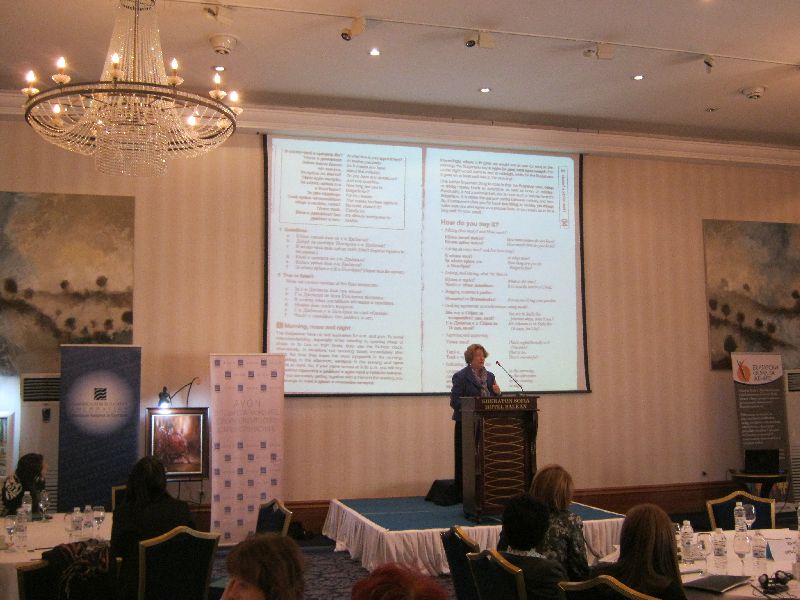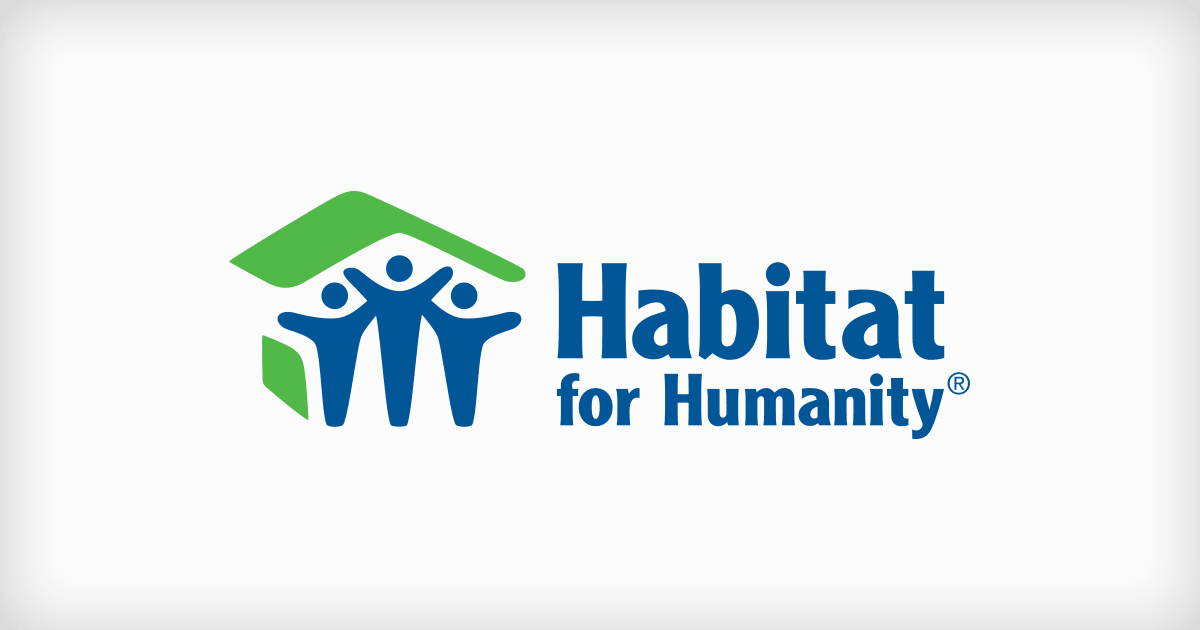Bulgarian Fund for Women has published the second edition of its Needs Survey of Organizations Working on Women’s, Girls’, and Vulnerable Groups’ Issues in Bulgaria. The report, prepared by sociologist Dr. Lea Vaysova, builds on the first national study conducted in 2021 and published in 2022.
This edition includes a longitudinal analysis and summarizes findings from a sociological survey of civil society organizations and activist groups across the country that have received or are currently receiving financial support from BFW. The research aims to identify key challenges facing organizations and inform the Fund’s future priorities—such as streamlining funding procedures and developing new mechanisms to strengthen the sector’s sustainability.
The study comprises two components: a quantitative survey with 108 respondents and 20 in-depth interviews, focused on organizations working in the field of domestic and gender-based violence—one of BFW’s core priorities under the STRONG program, co-funded by the European Union. Read the full report here on BFW’s website.
Key Characteristics of the Civil Society Sector
Geographical and organizational coverage
Organizations are mainly concentrated in the capital and regional centers, but many operate with both local and national reach. Only a small percentage of the surveyed groups work at the European or global level.
Priority areas of activity
The most frequently cited focus areas are gender-based violence and domestic violence. Other significant priorities include civic participation, women’s entrepreneurship and economic empowerment, and efforts to combat poverty and social exclusion.
Target groups
The main target group for the surveyed organizations are young women and girls. Also prioritized are women with a history of domestic violence, women from rural areas, people with disabilities, migrants, and refugees.
Feminization and professionalization
The sector is strongly feminized—this applies both to the composition of teams and to leadership structures. Women predominate, alongside representation from queer, trans, and intersex communities. Professional expertise is largely concentrated in social work, education, psychology, culture, and law.
Internal participation and governance
While organizations aim to involve their target groups in designing and delivering activities, these groups rarely hold leadership positions or take part in strategic decision-making.
Support and institutional challenges
Civil society organizations operate in a climate of limited state and public support. Widespread public mistrust and exclusion from policymaking processes hinder their ability to achieve long-term sustainability and meaningful social change.
Highlights from the Study
Training and community building
Interviewees point to two core strategies for achieving social change. One focuses on empowering young people through training, driven by the belief that they are key to future progressive transformation. The second targets capacity building for civil society organizations, activists, and volunteers to form coalitions and networks that act collectively on regional and national levels.
Campaigns and communication
Unlike traditional forms of public mobilization, campaigns supporting women’s rights are now primarily conducted through social media. This shift reflects both a lack of spokespersons in traditional media—especially national television—and limited experience with demonstrations or civil protests.
Advocacy and institutional engagement
Most organizations rely on traditional institutional channels—such as public statements, open letters, roundtables, and meetings with public officials—to advocate for change. However, this approach is often seen as ineffective, particularly amid frustration with political leaders and an unstable political environment.
Building feminist knowledge
The production of feminist knowledge is generally limited to service provision—via manuals or peer-support groups—or as a tool for legislative advocacy. Broader strategies to attract public support or influence collective memory through feminist storytelling remain underdeveloped, and efforts to challenge dominant historical narratives are marginalized.

The FORCE project is funded by the European Union. Views and opinions expressed are however those of the author(s) only and do not necessarily reflect those of the European Union or European Commission Directorate-General for Justice and Consumers. Neither the European Union nor the granting authority can be held responsible for them.
Illustration: Judit Canela for Fine Acts

